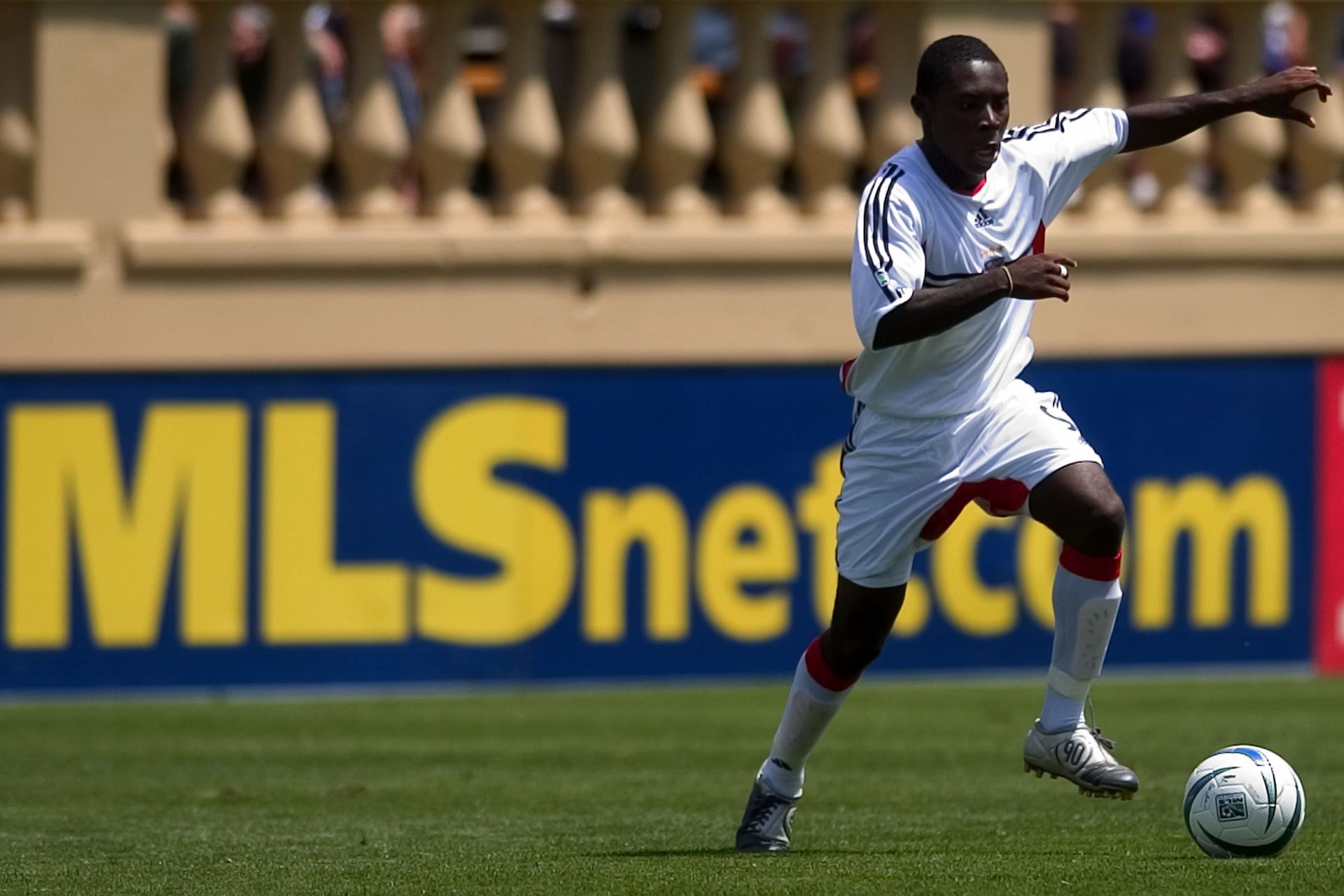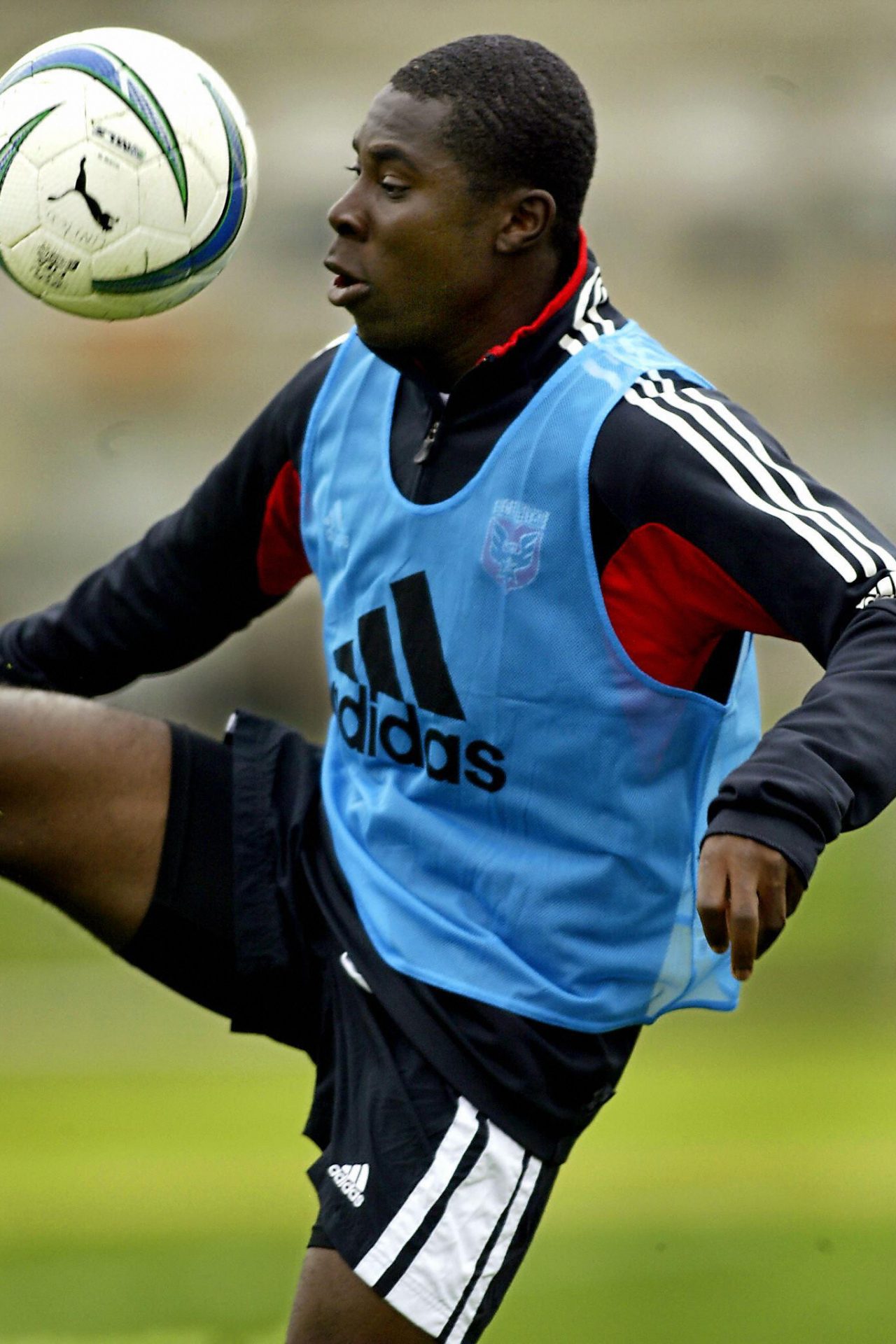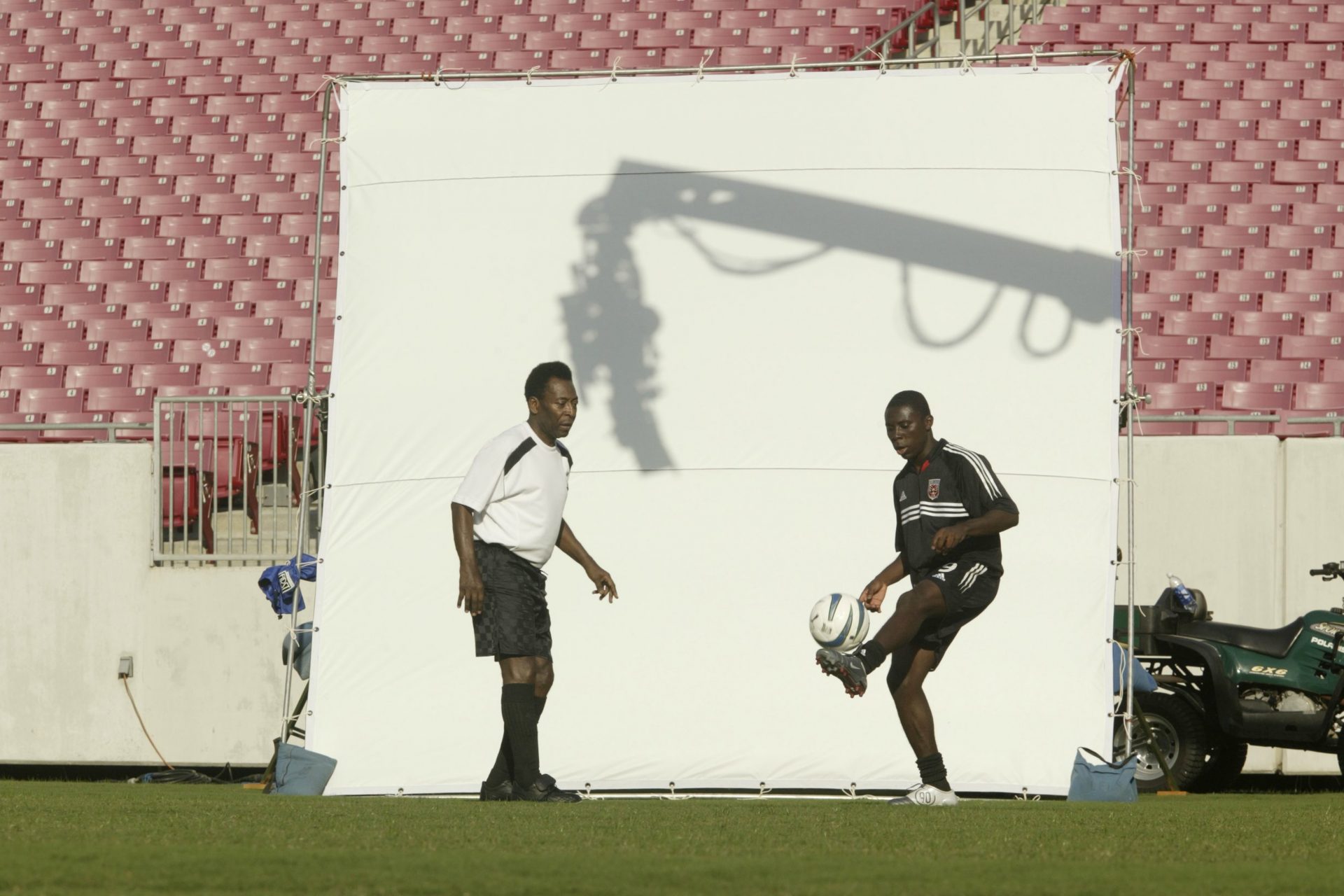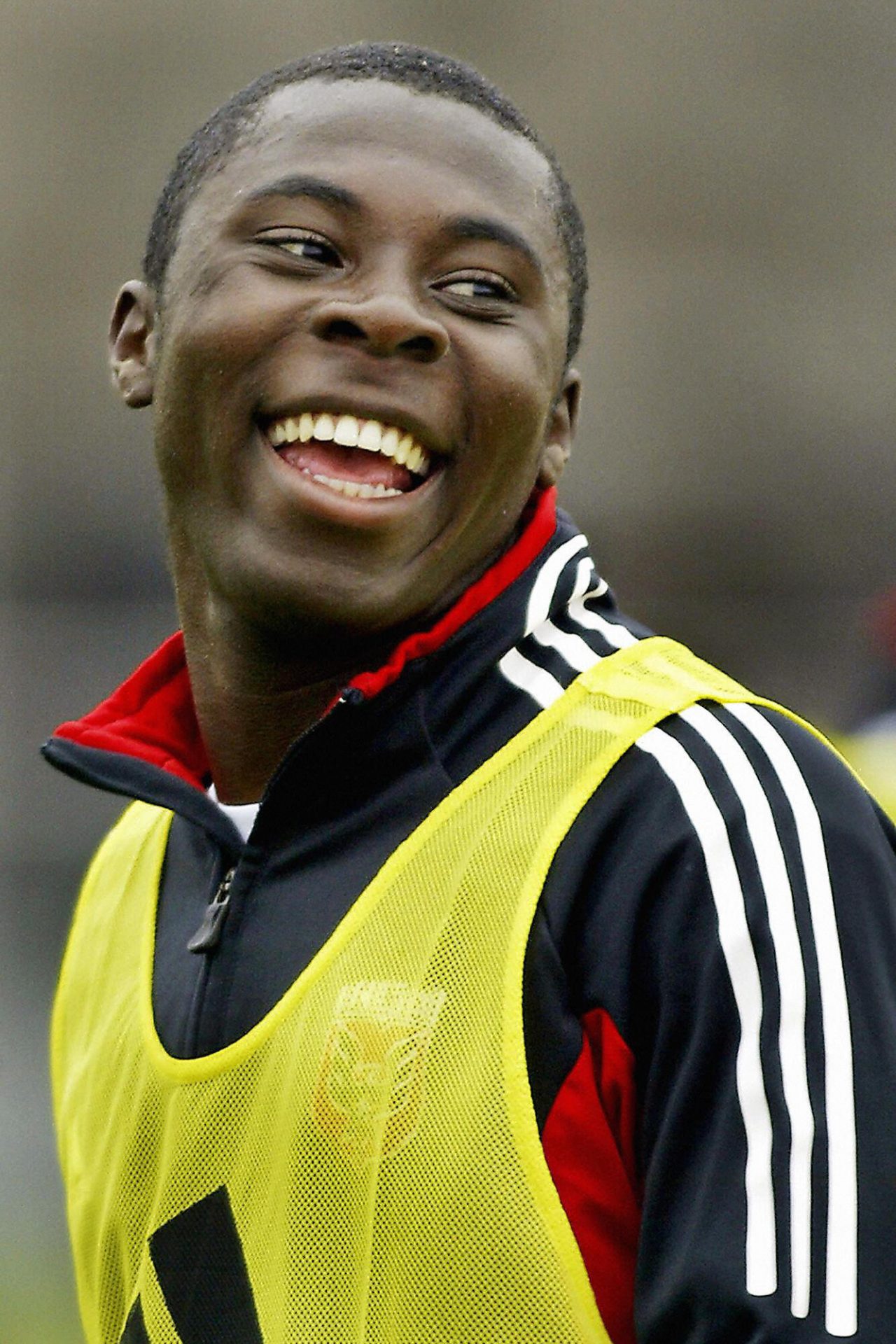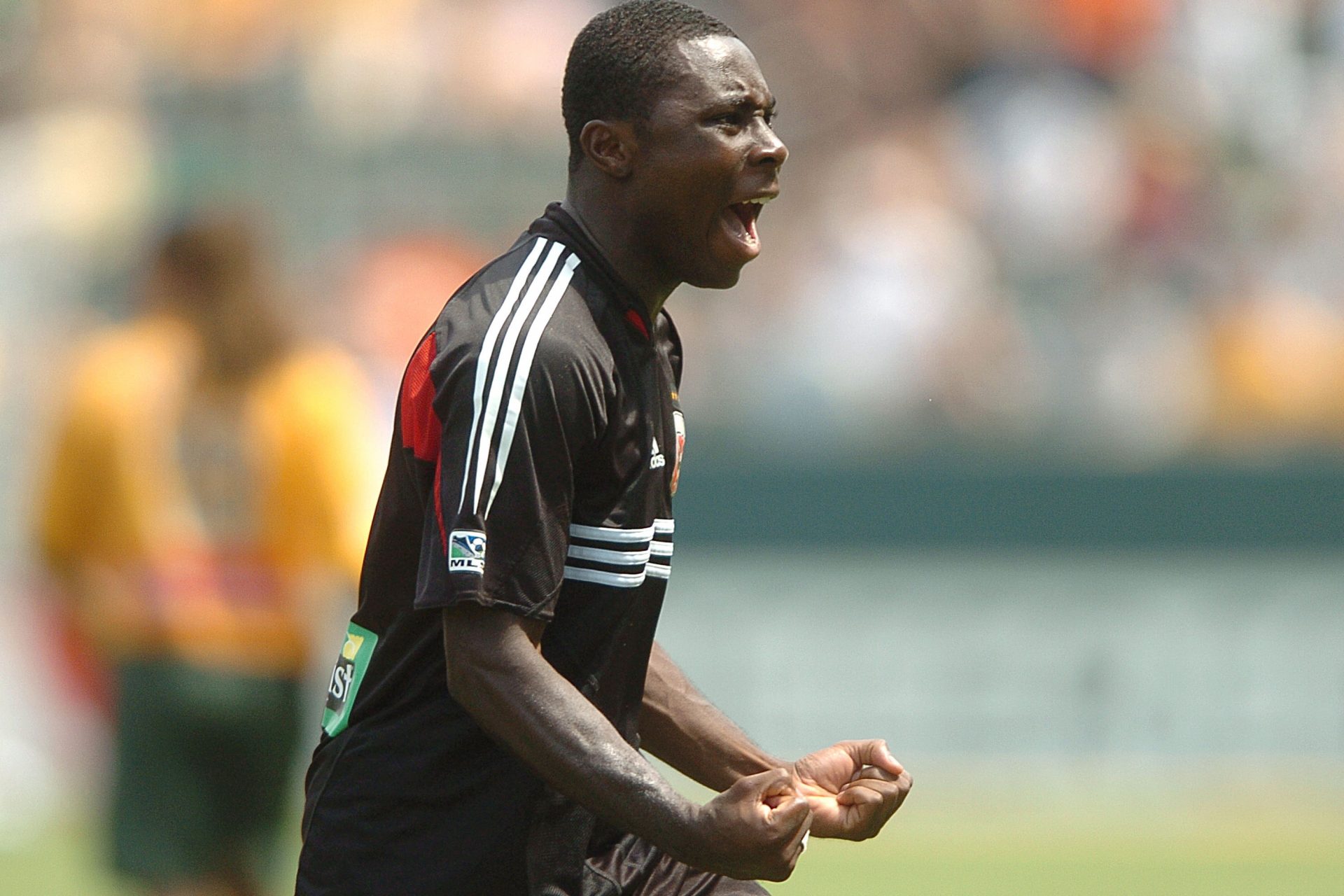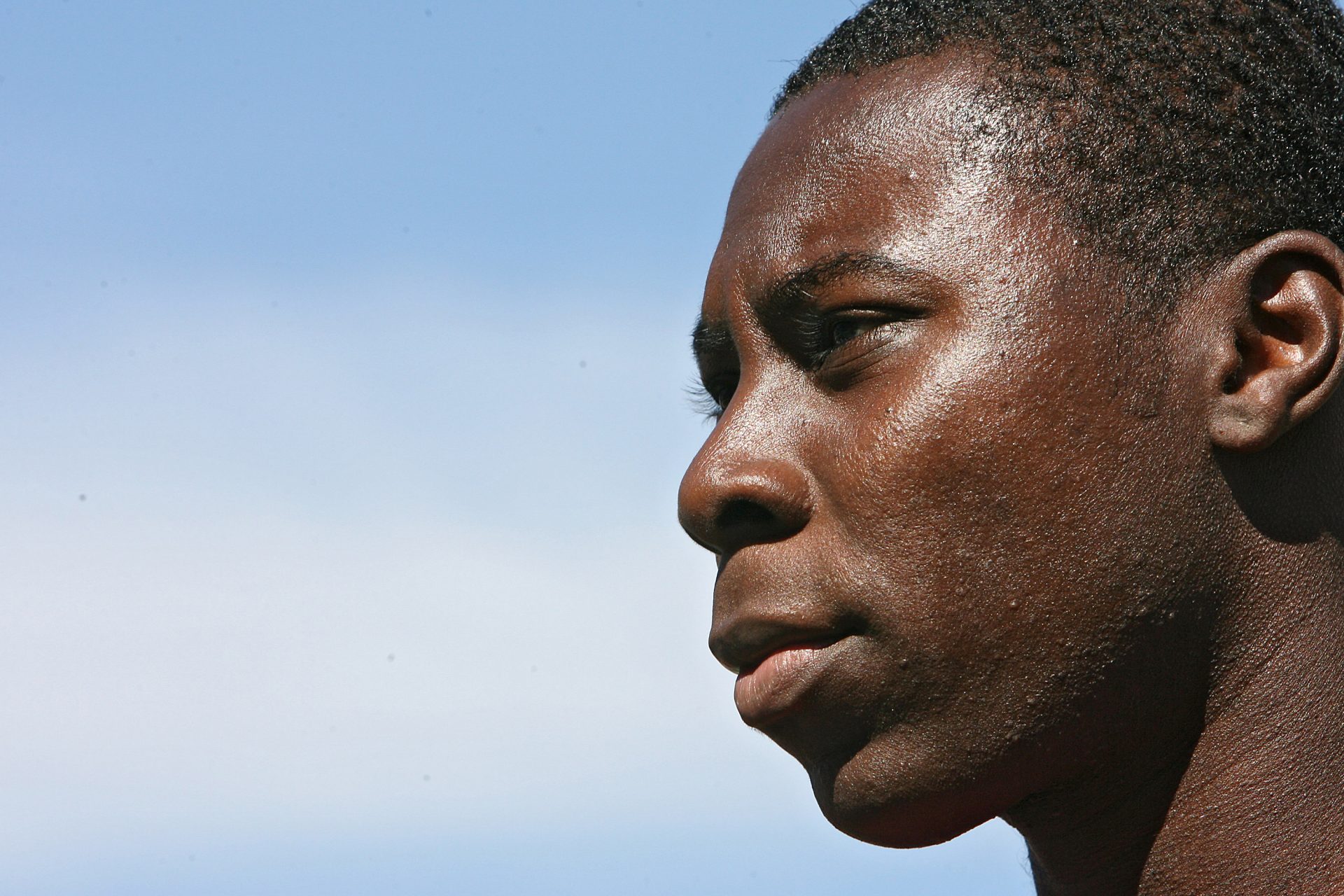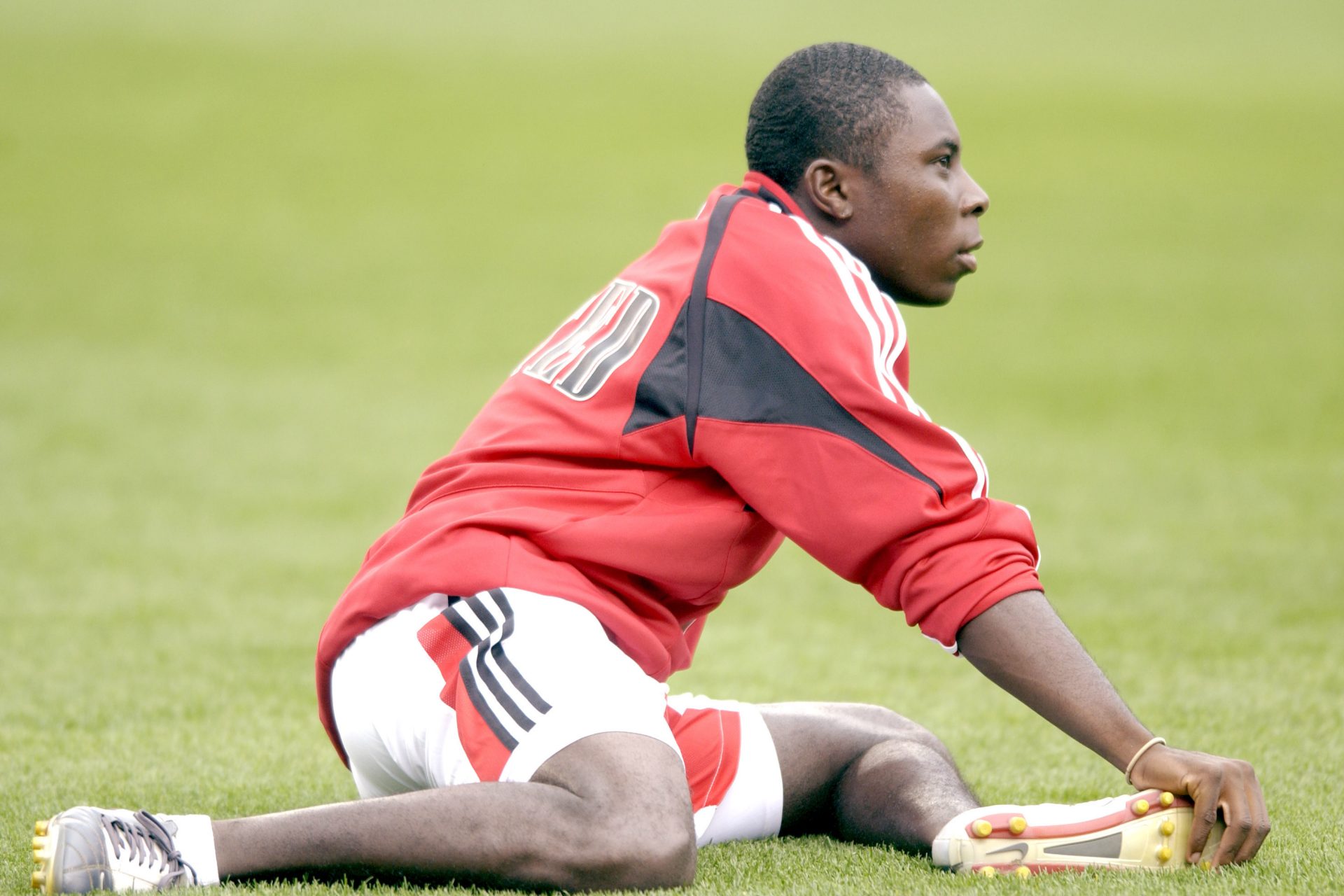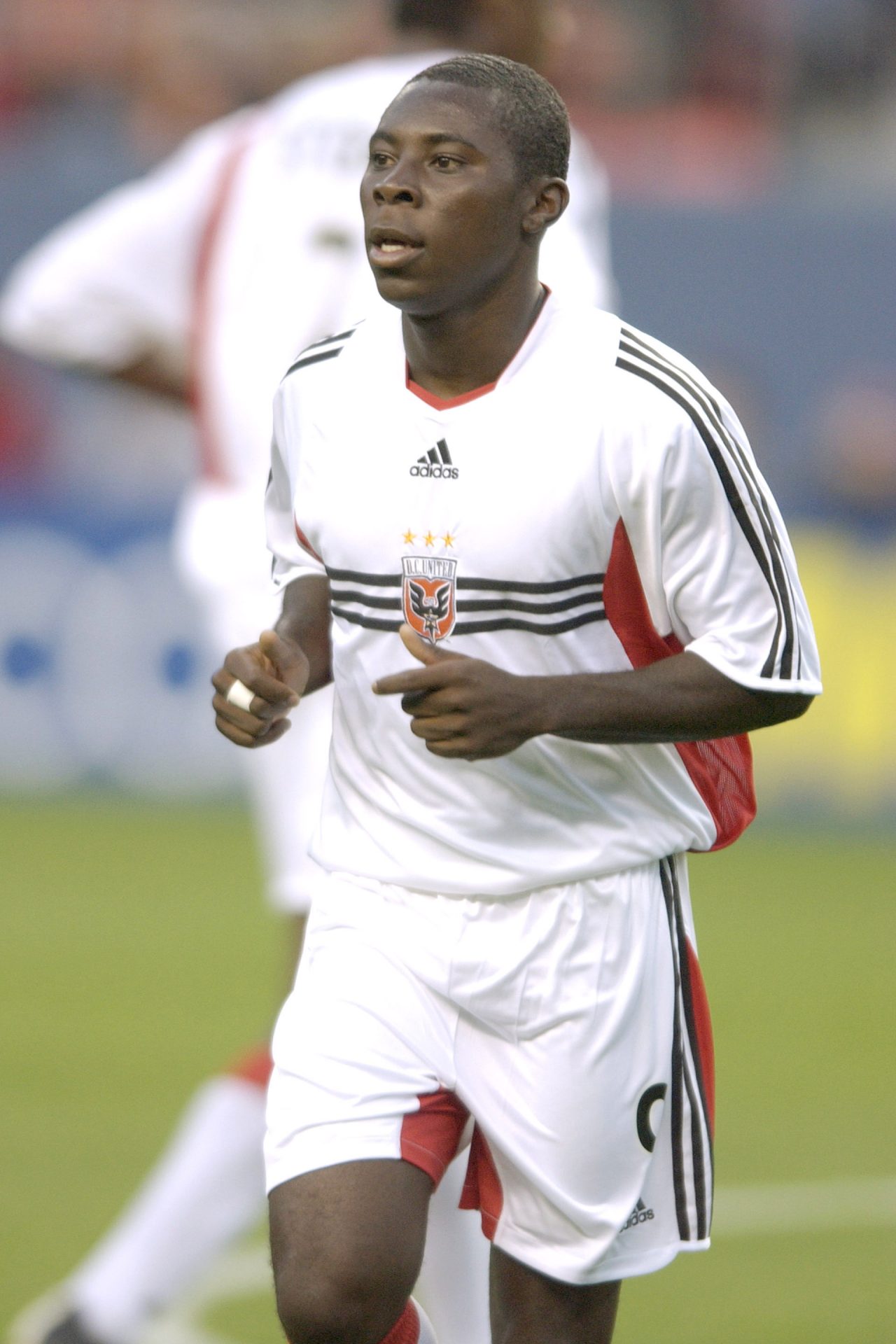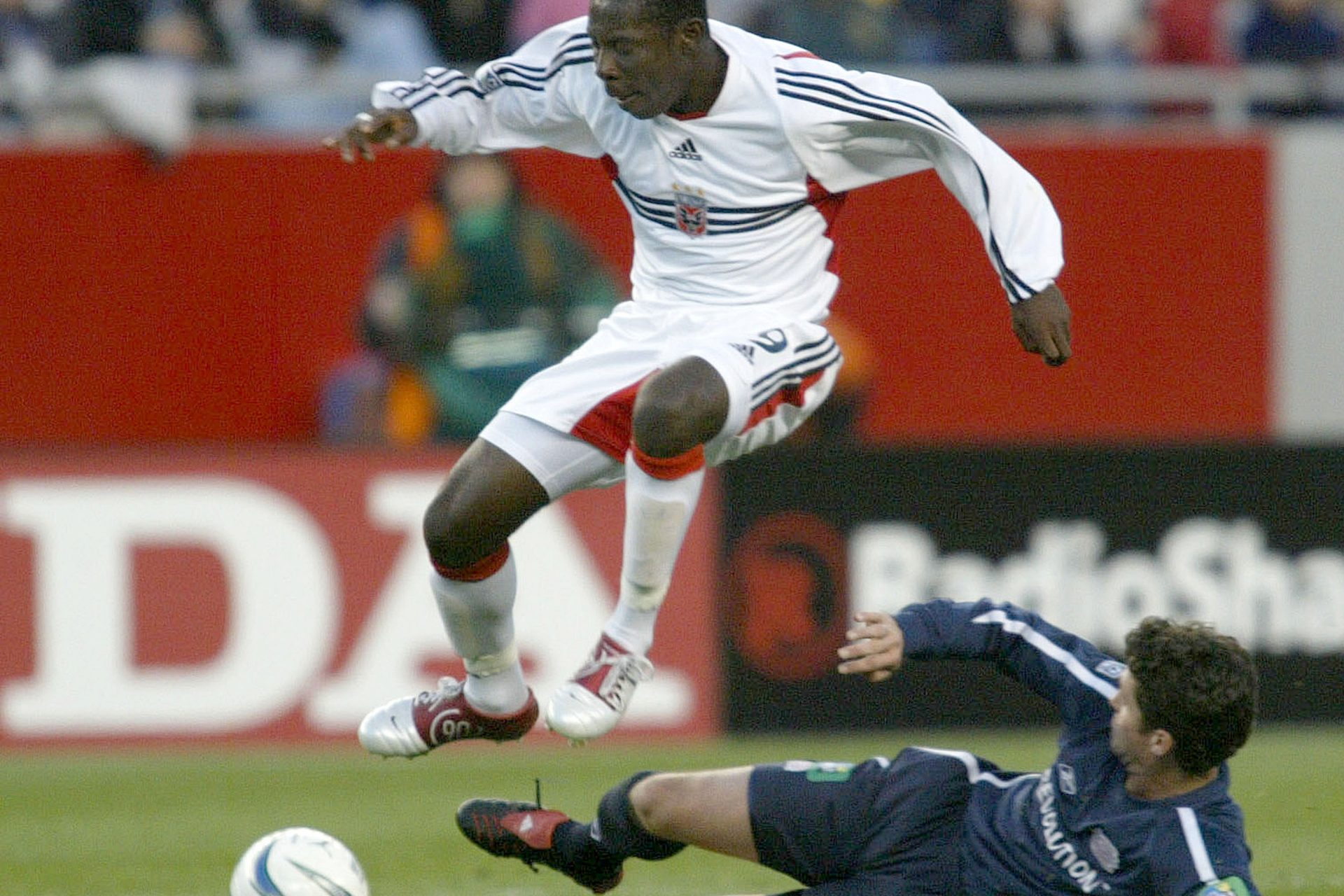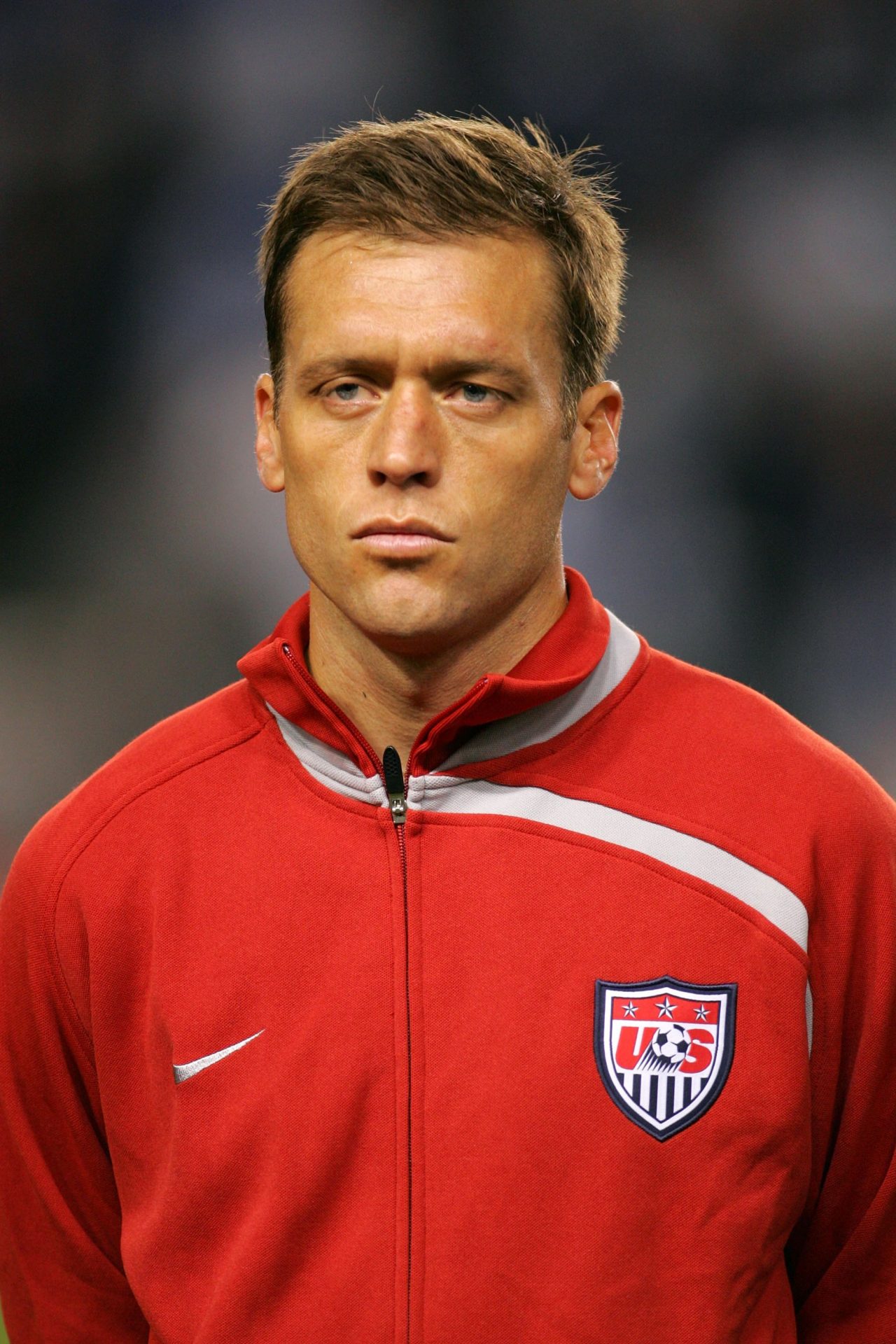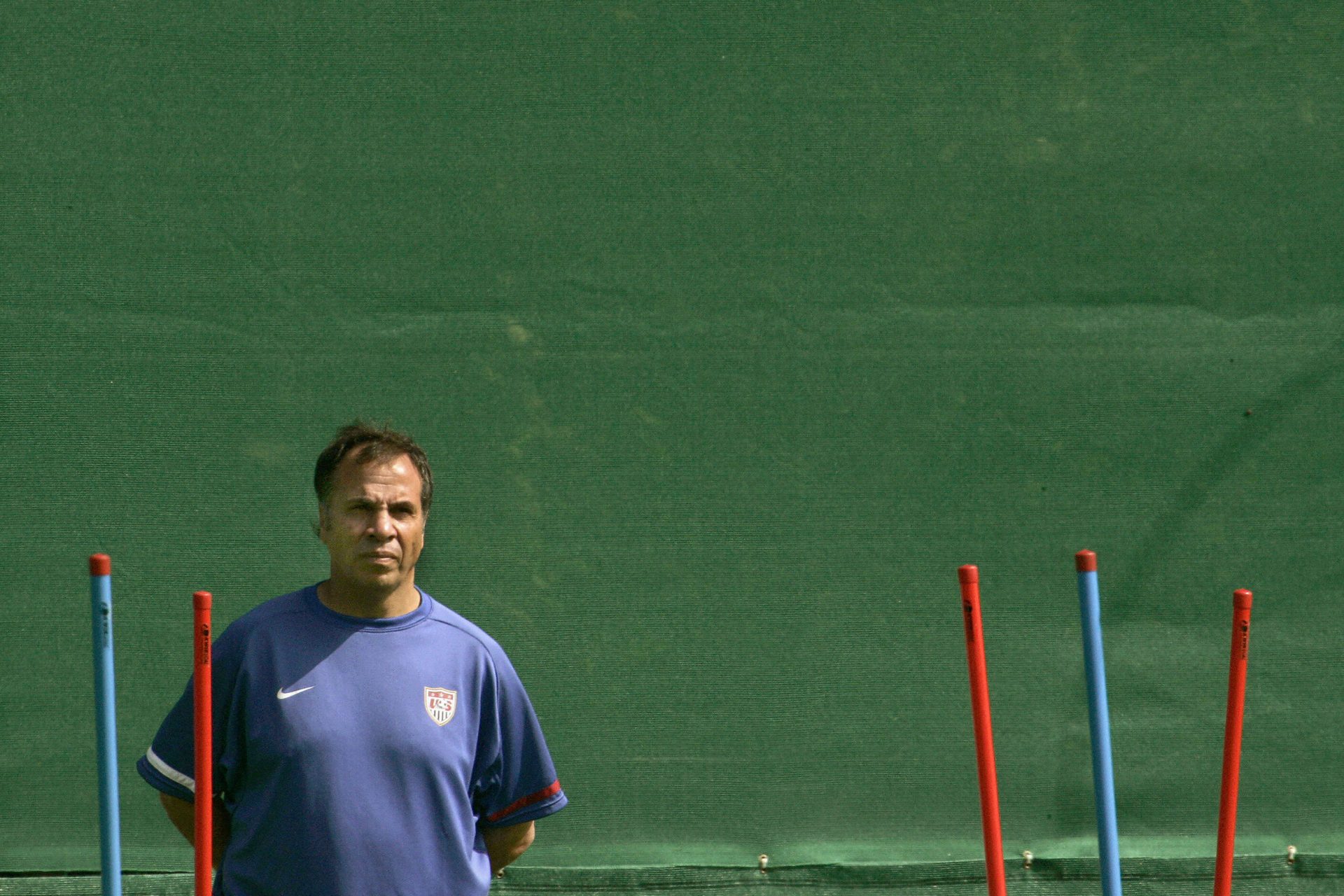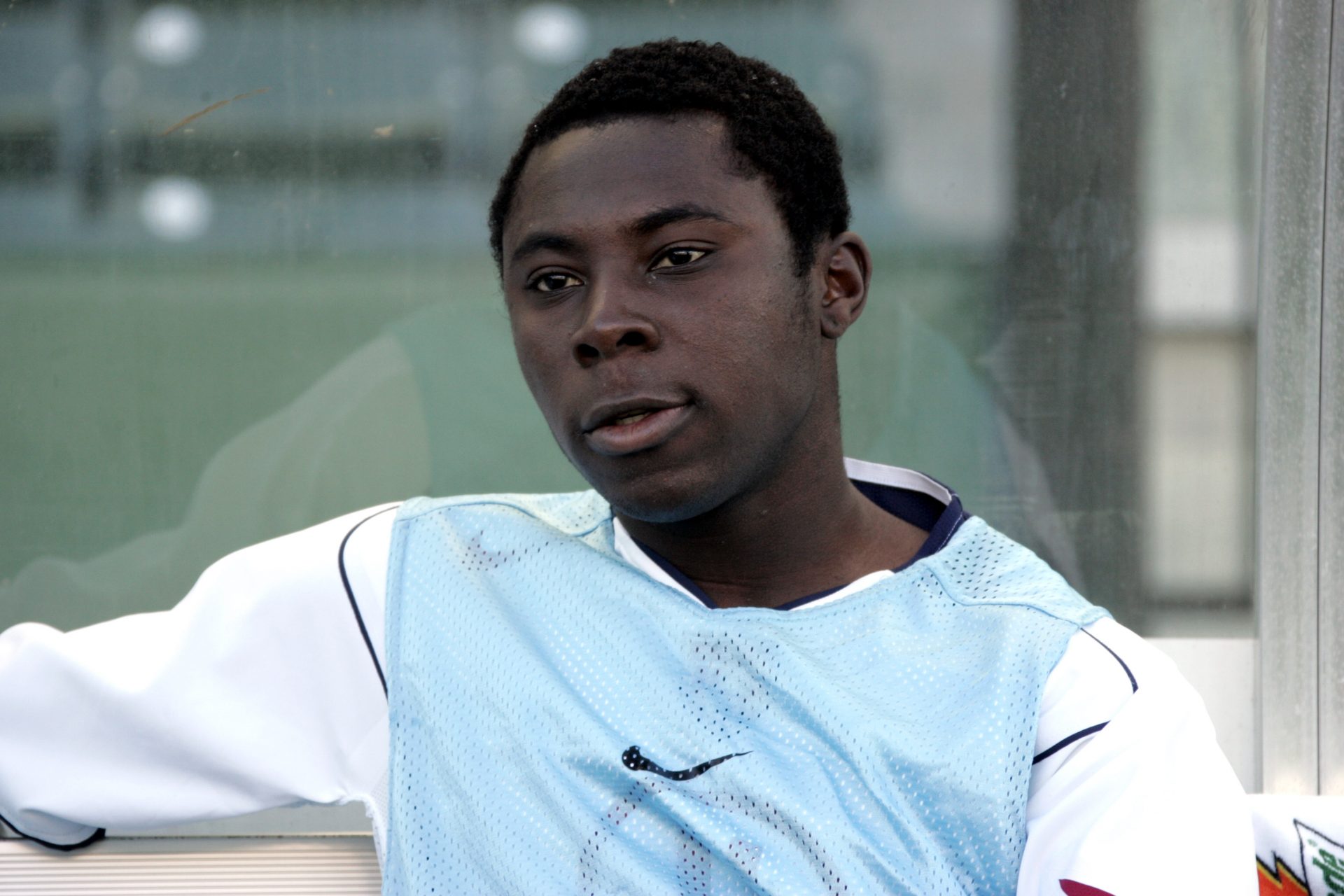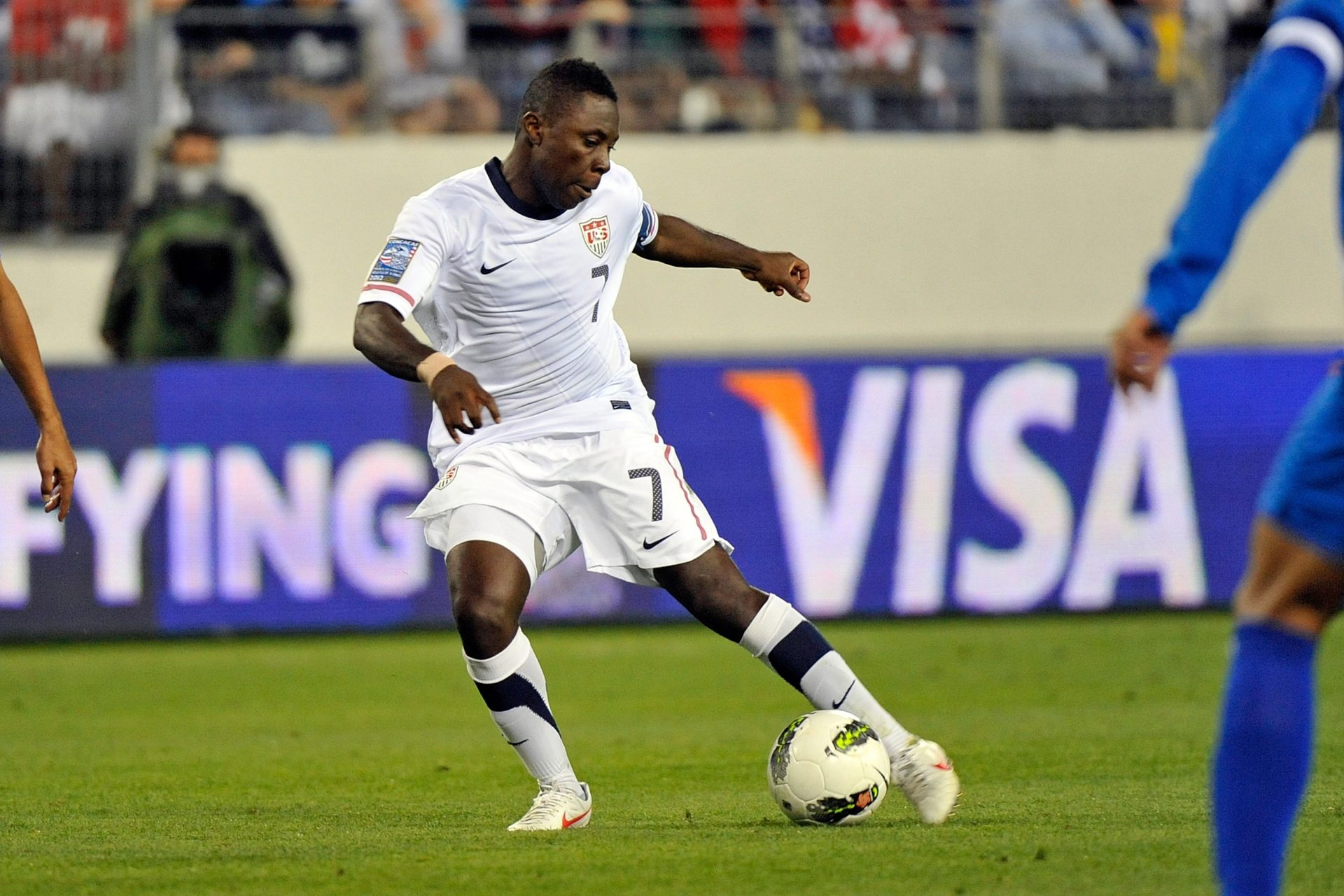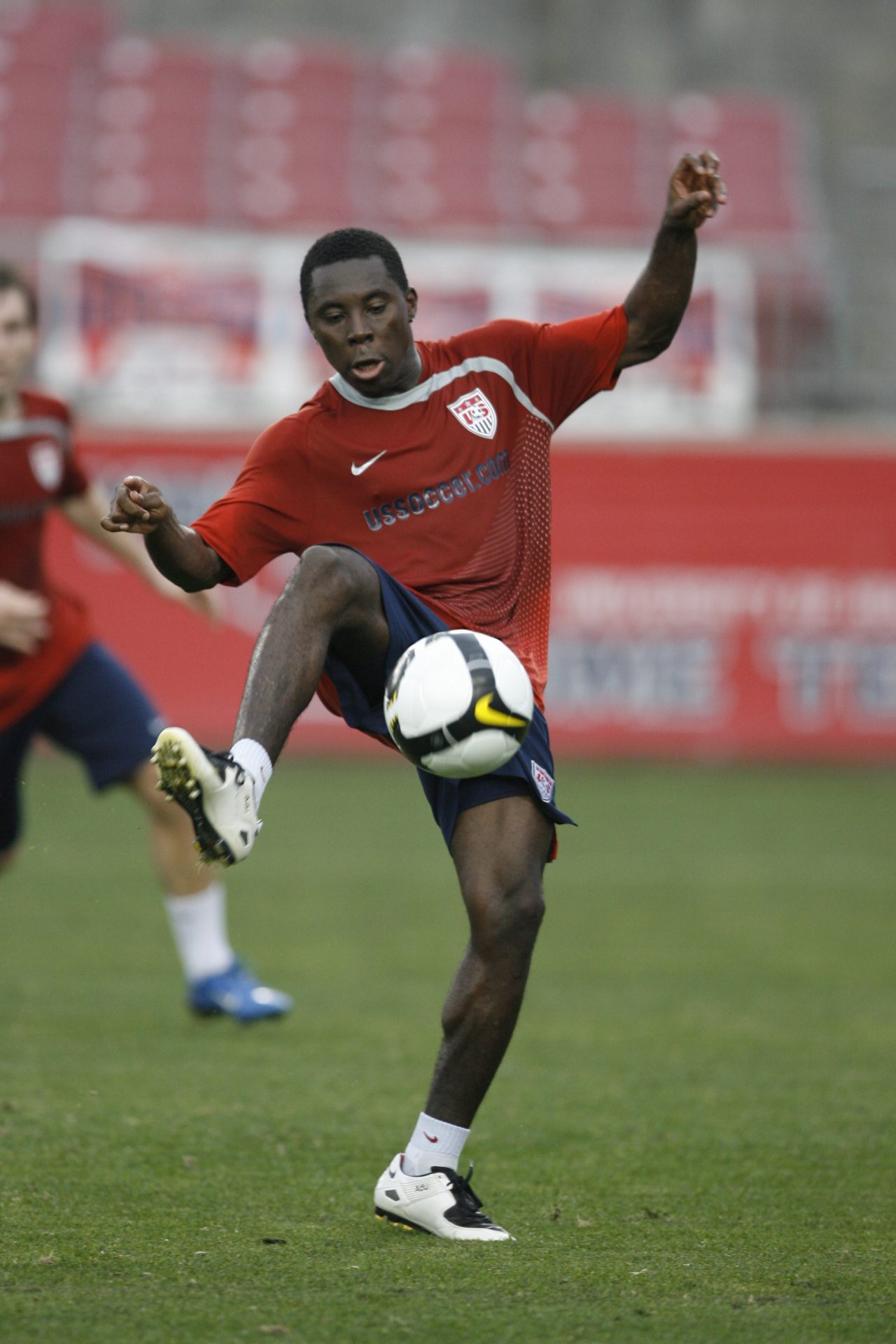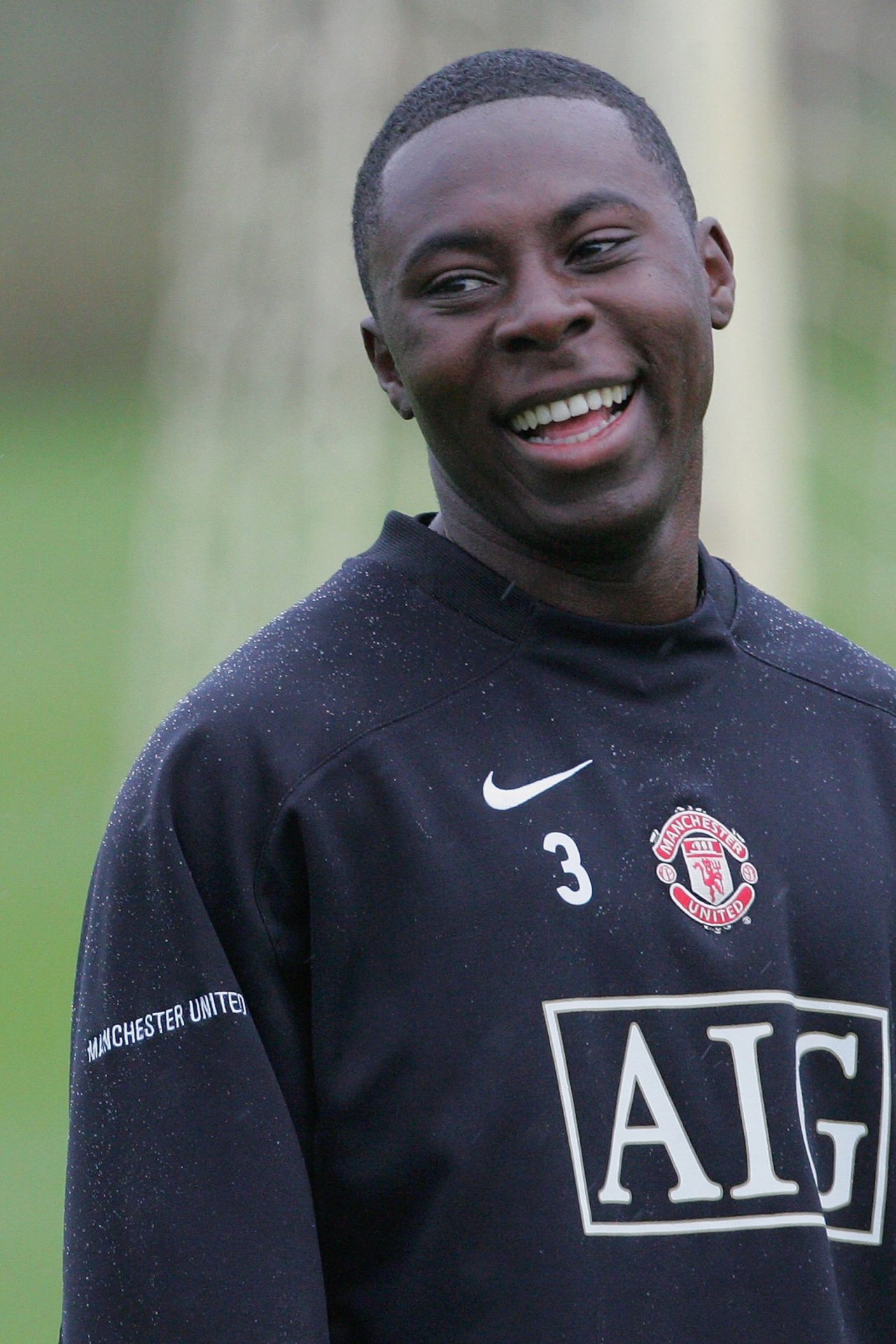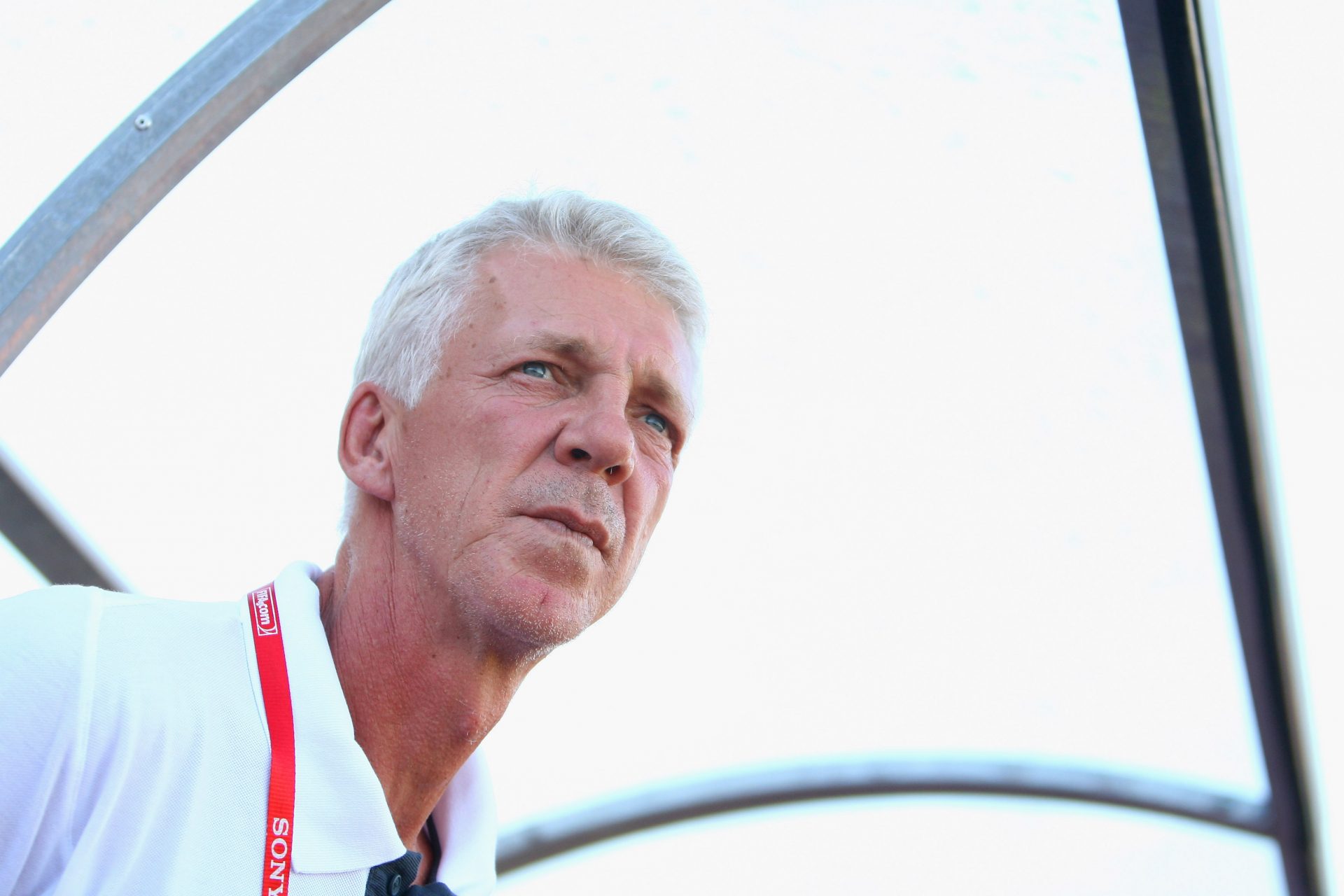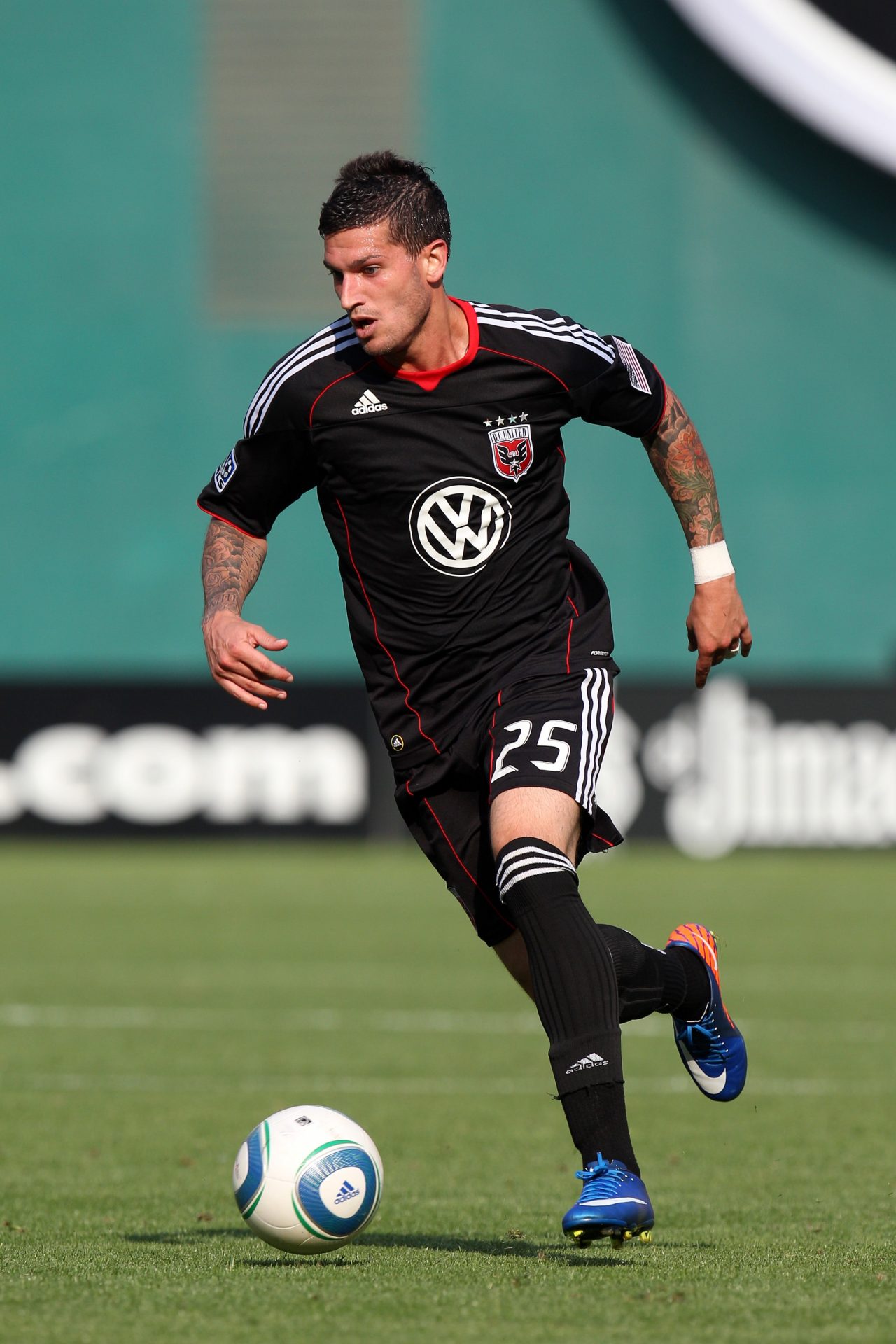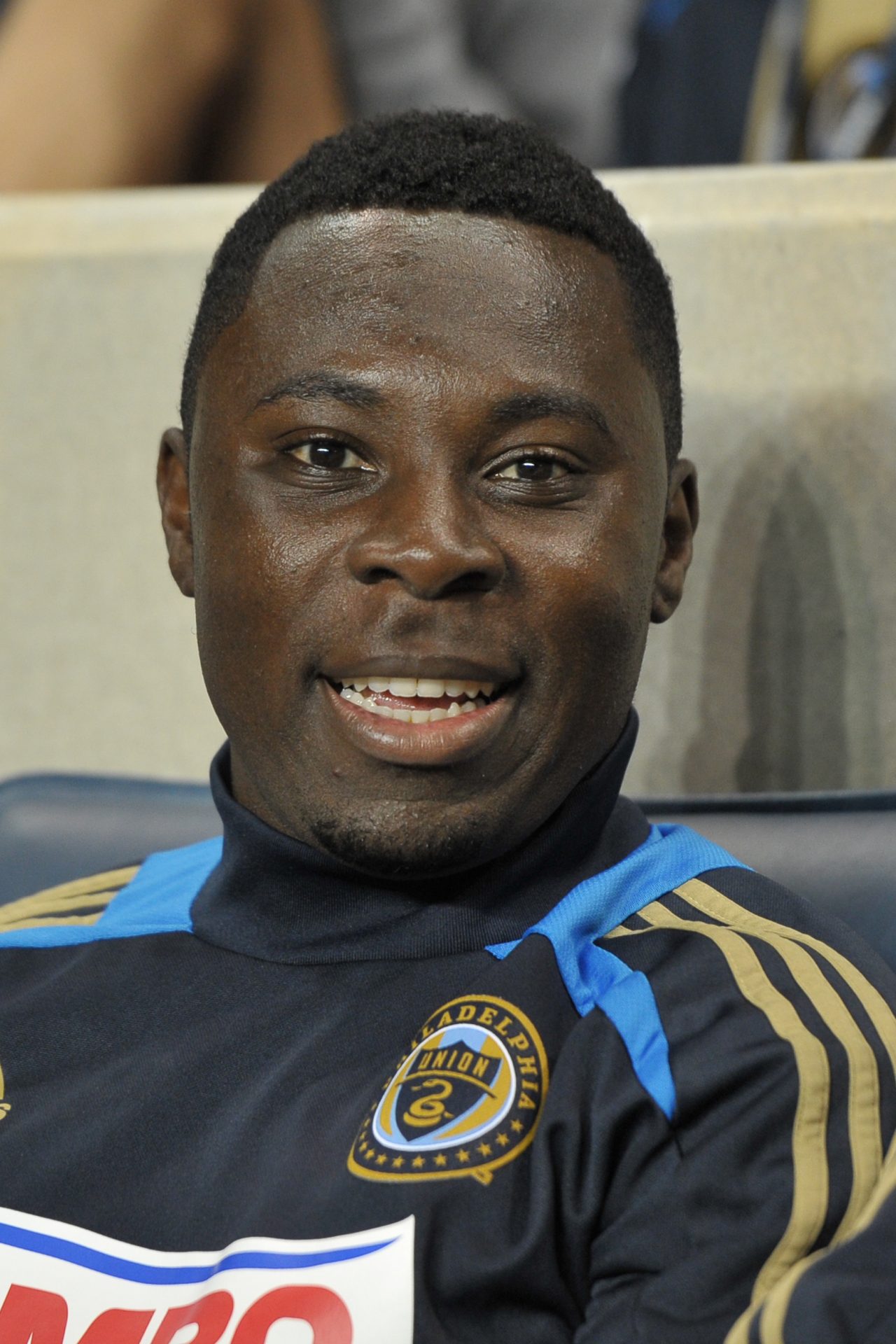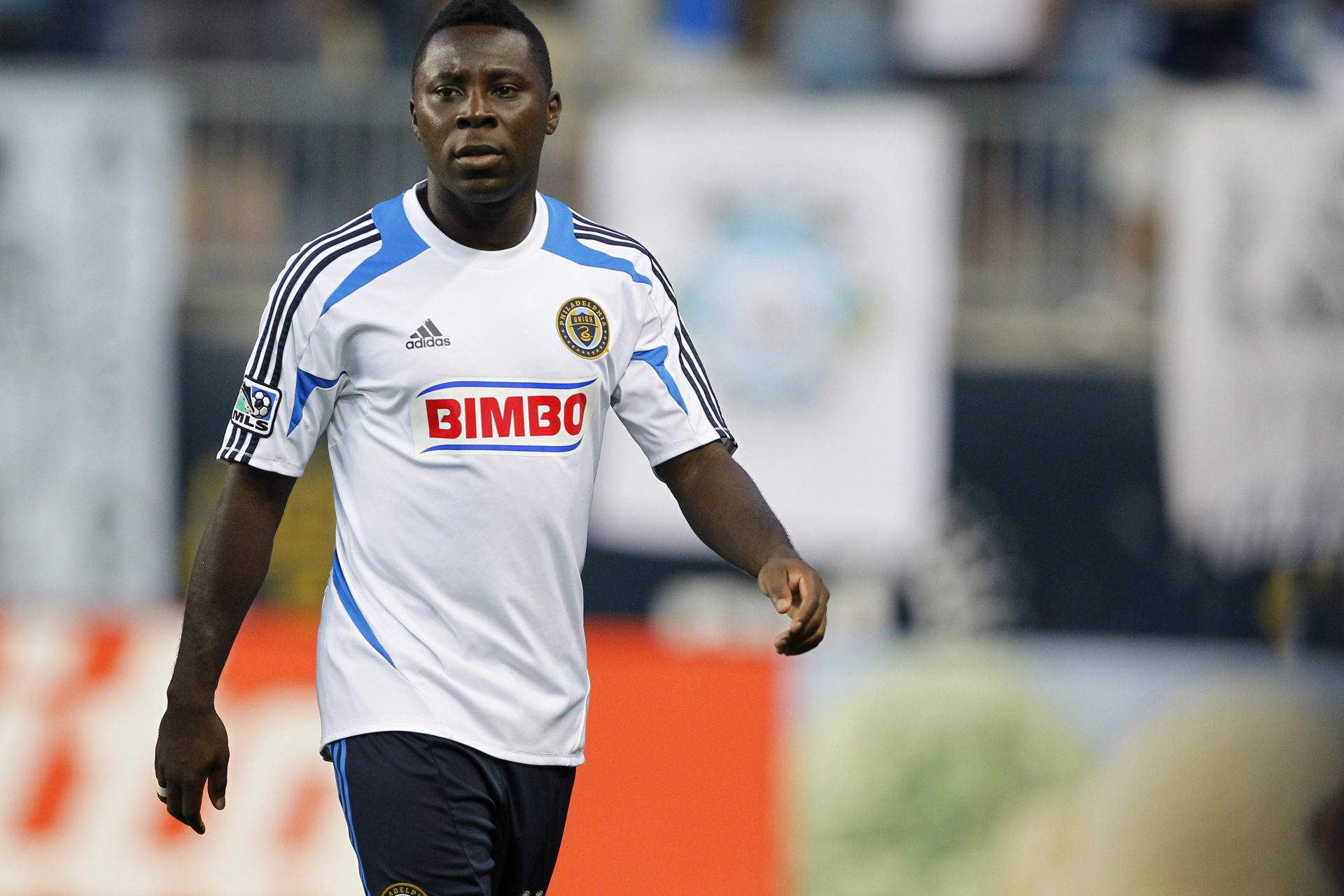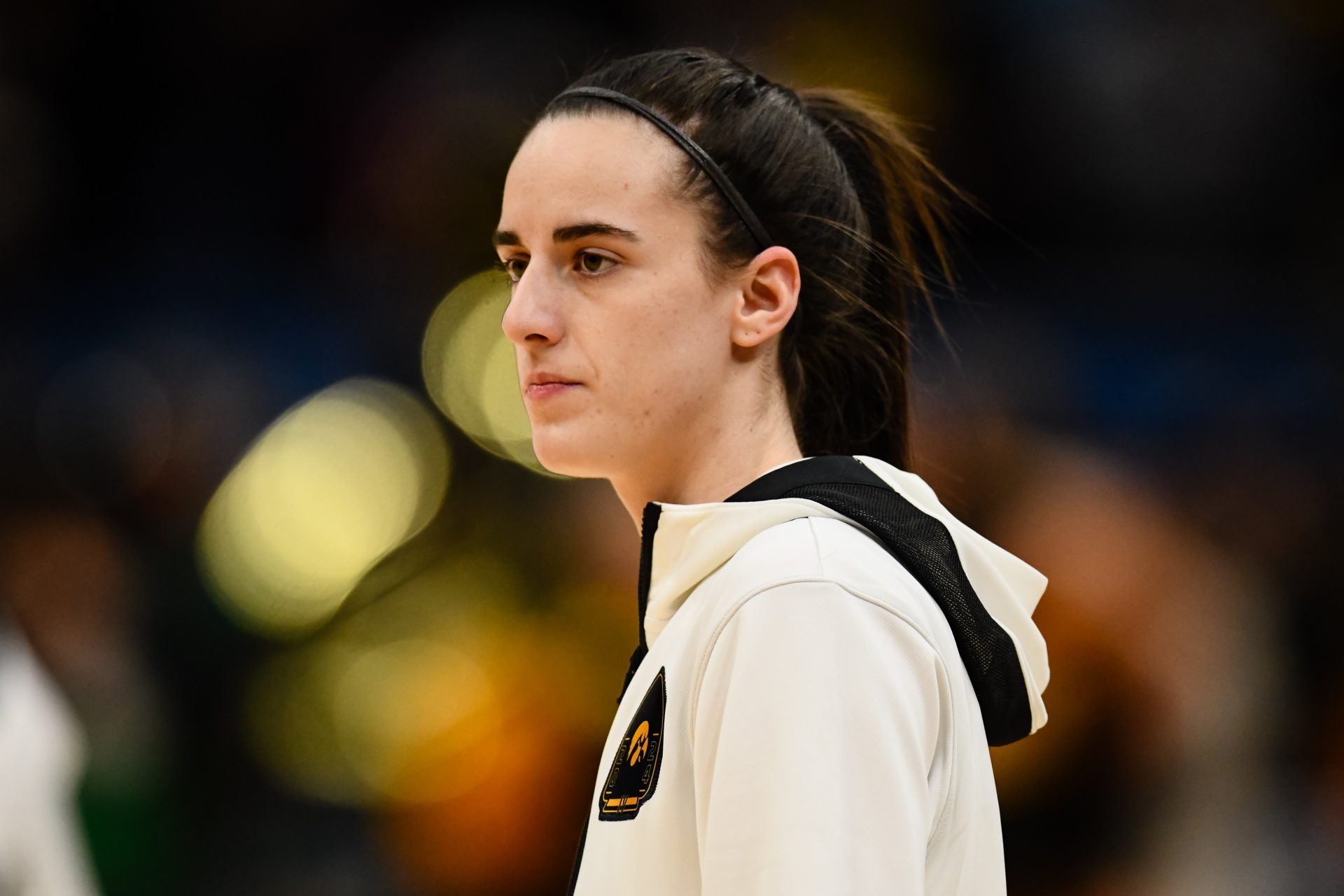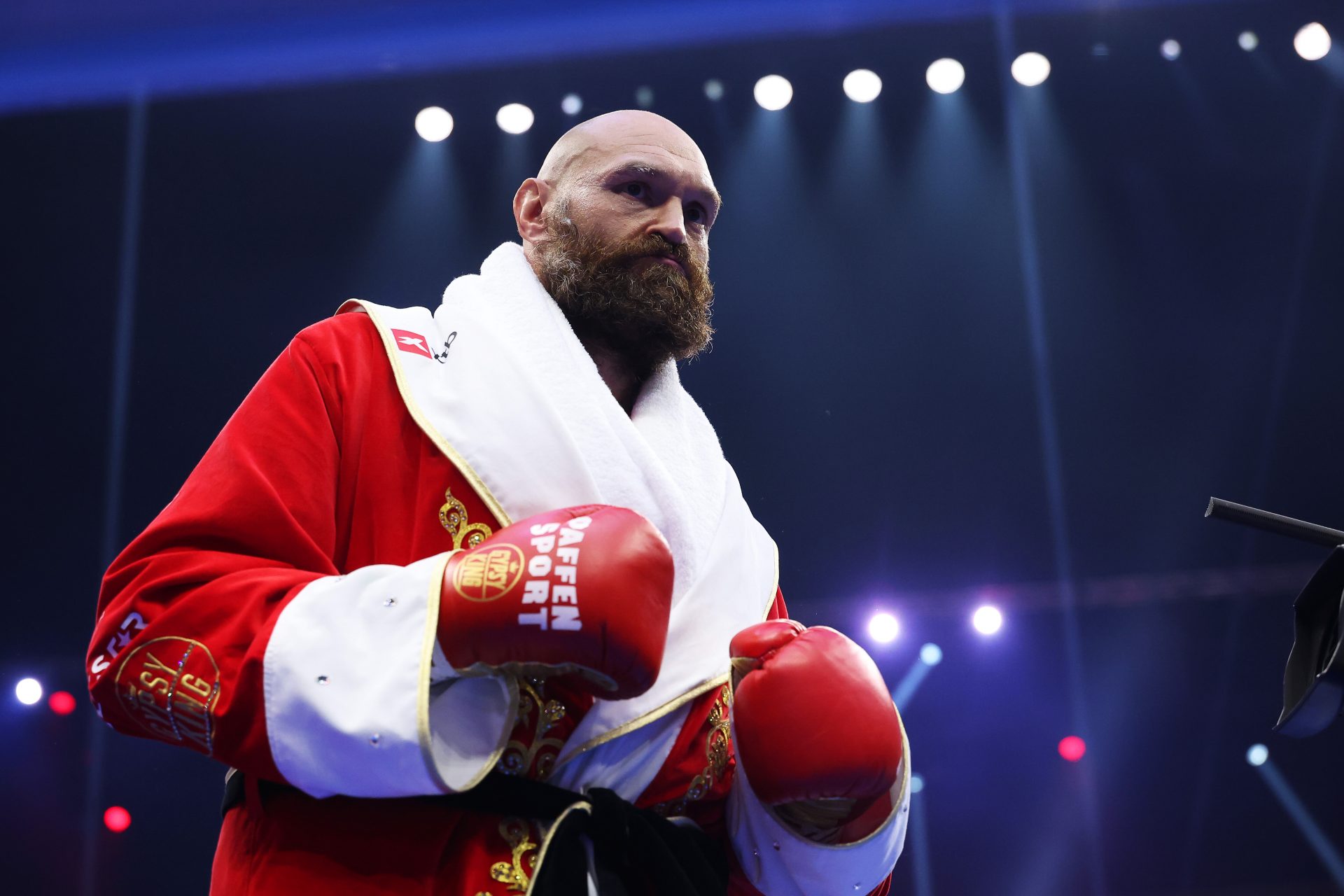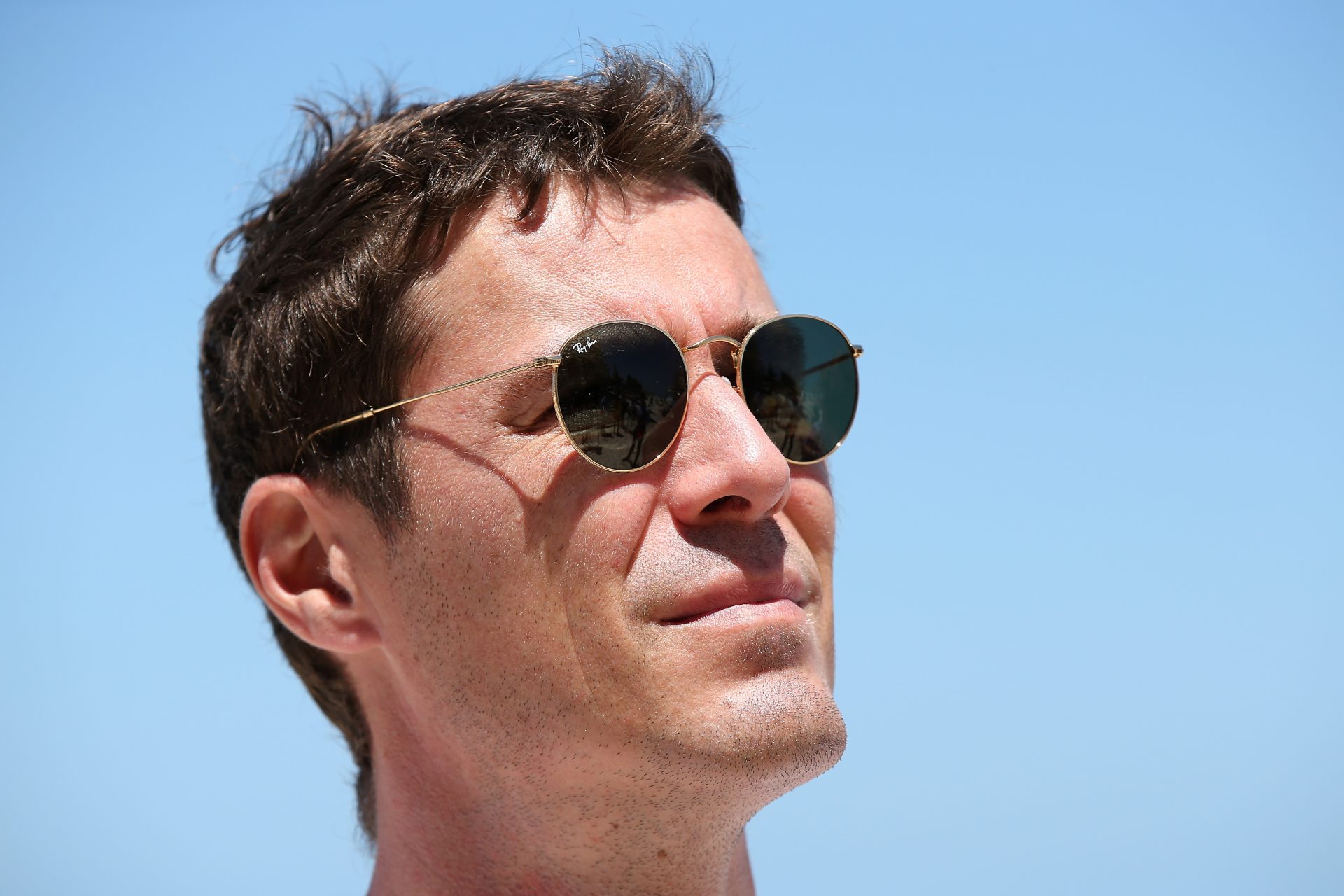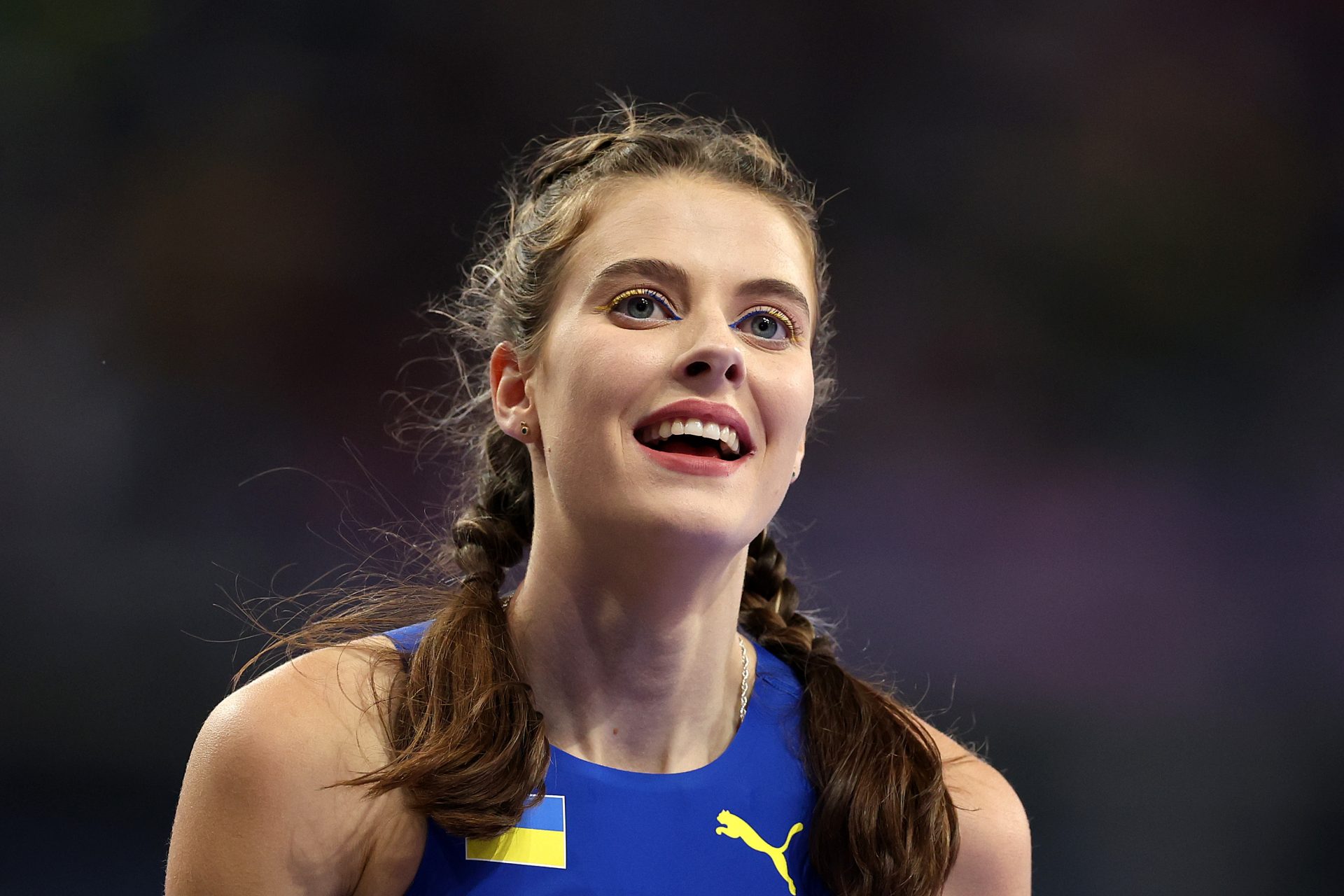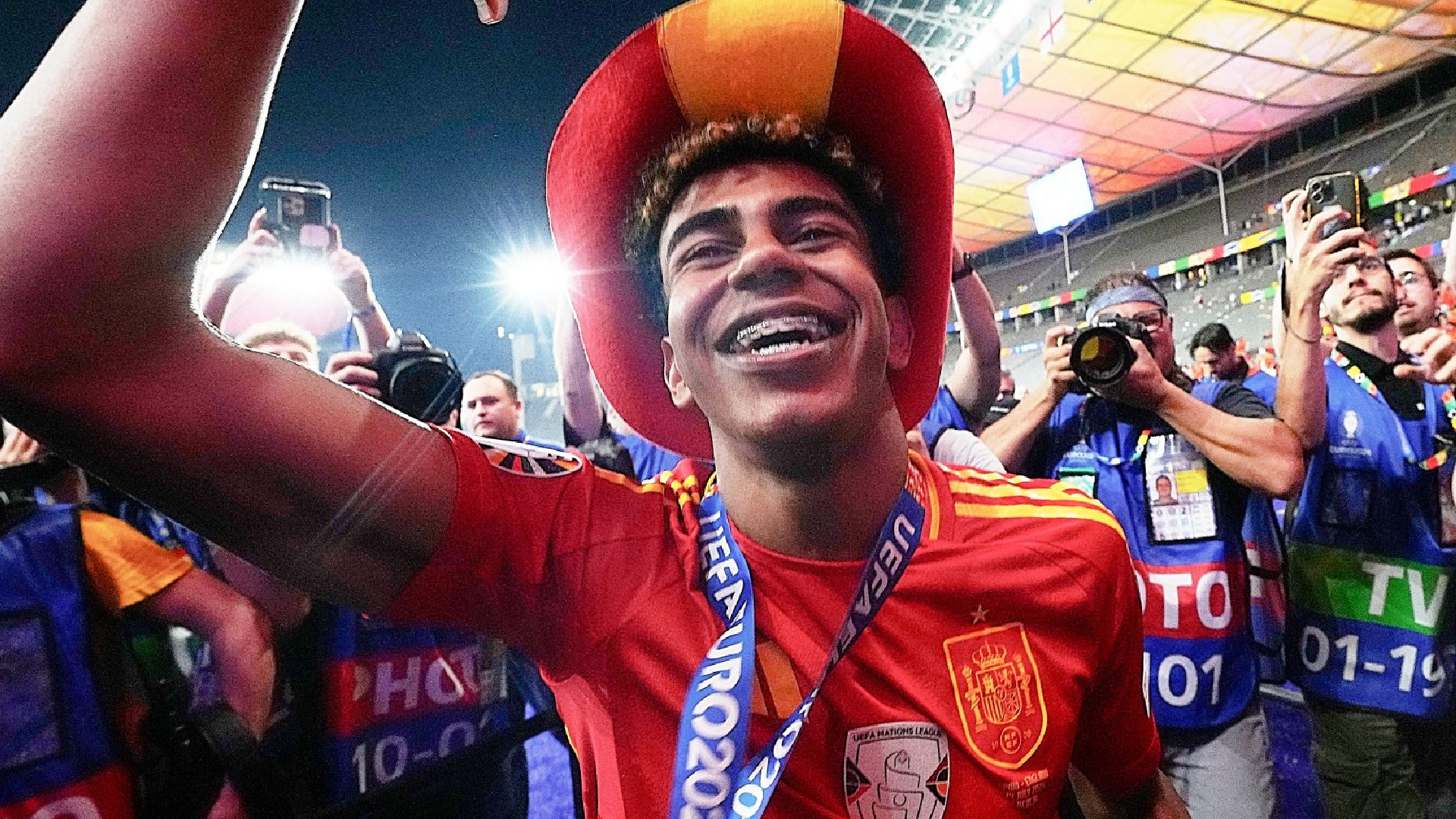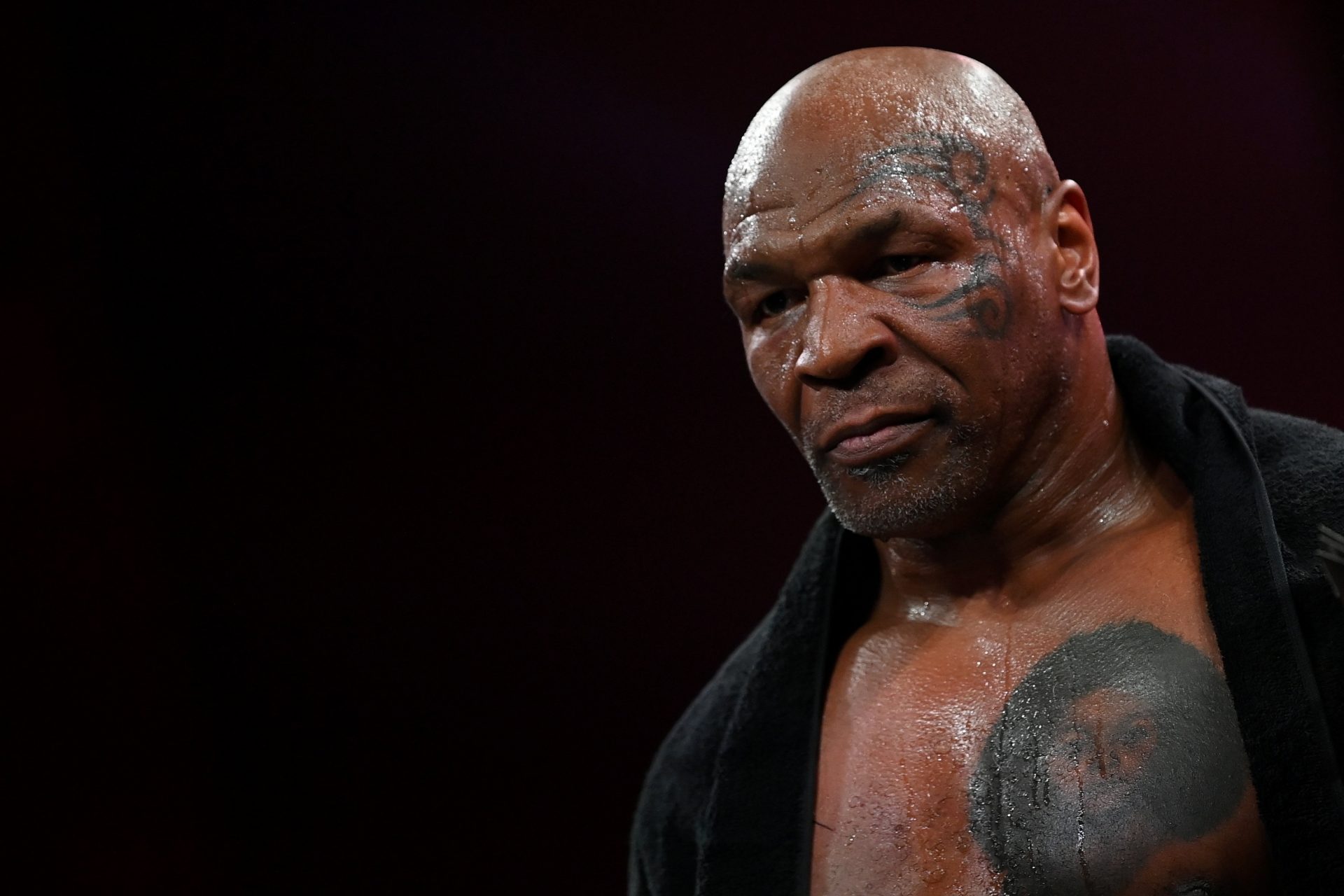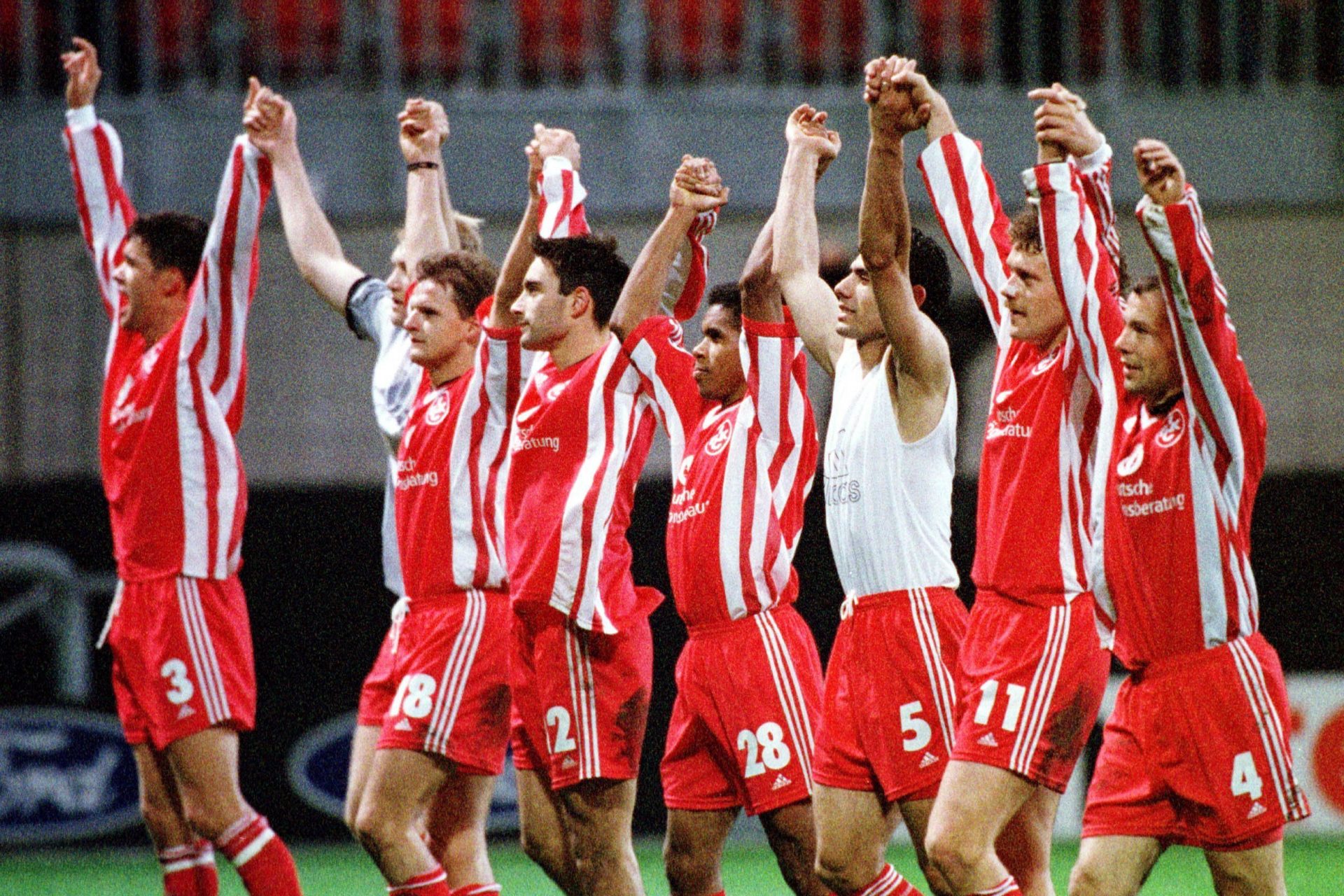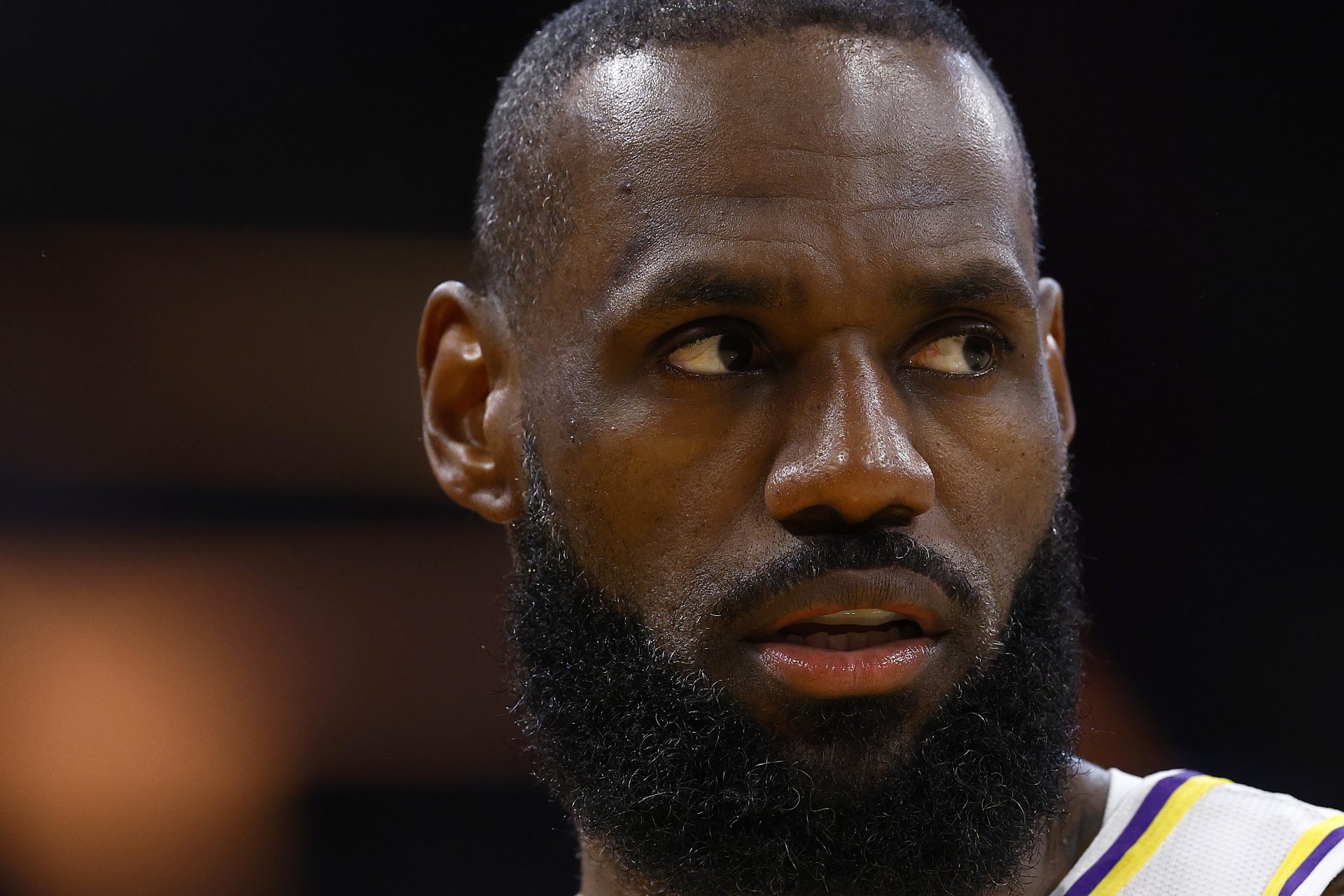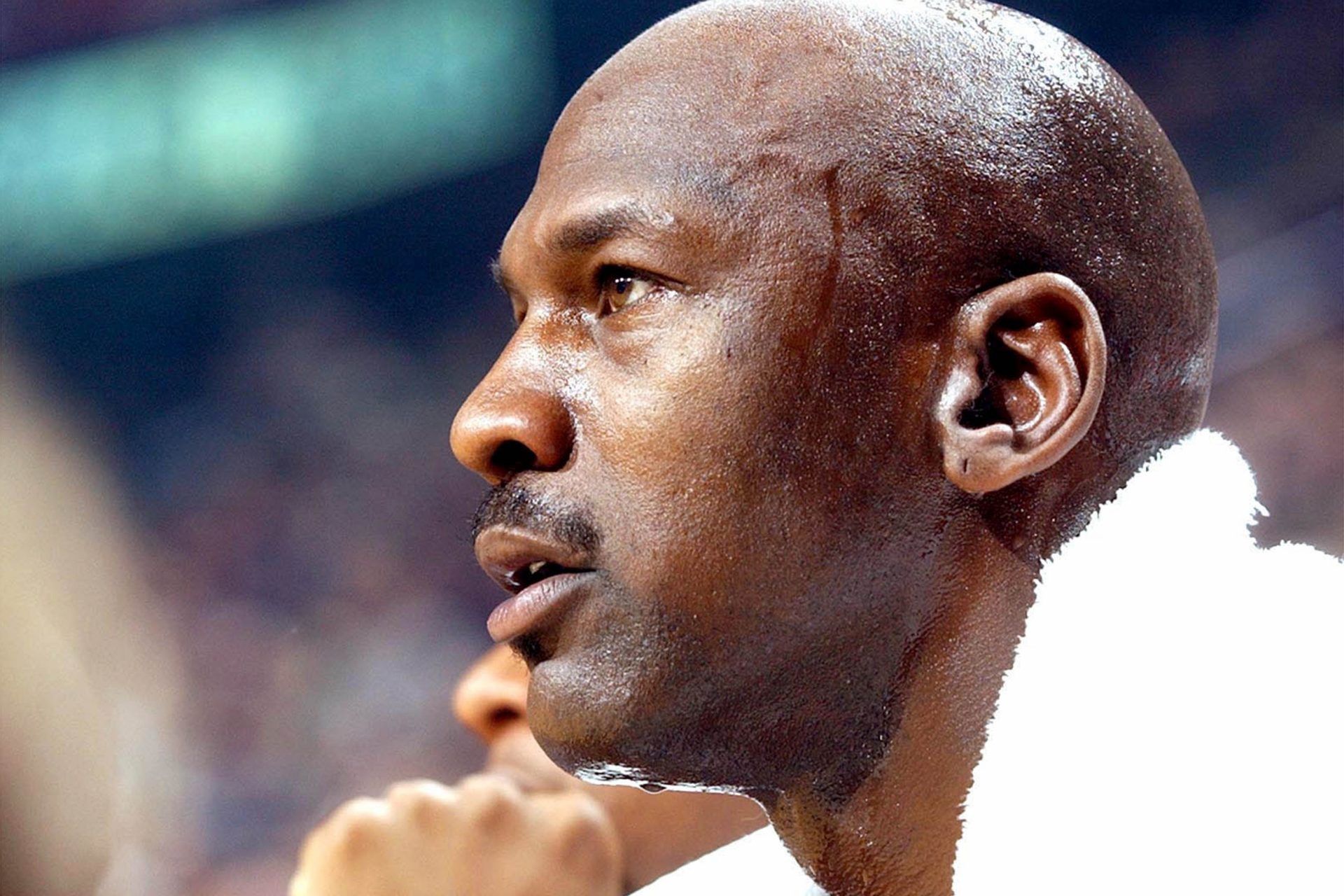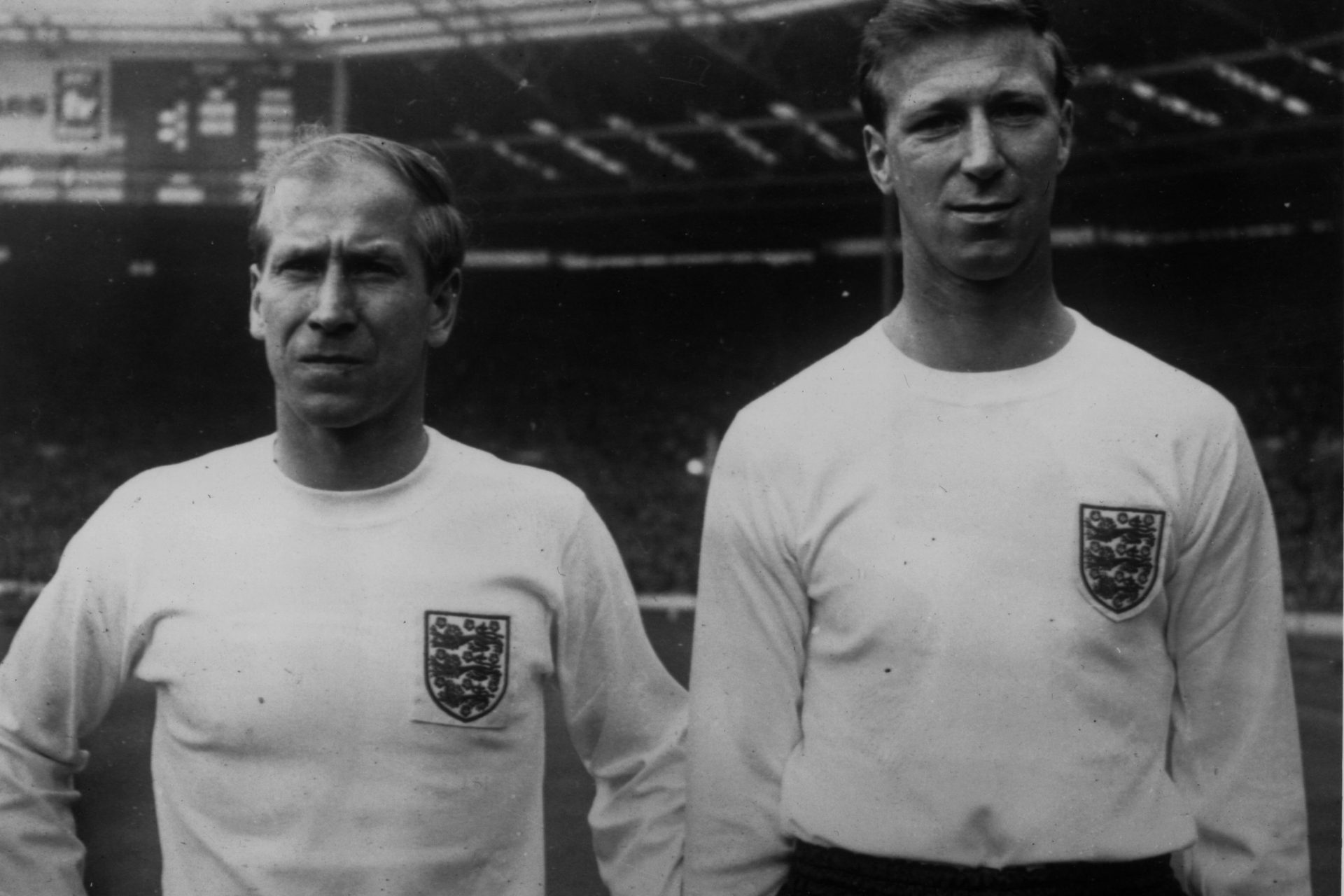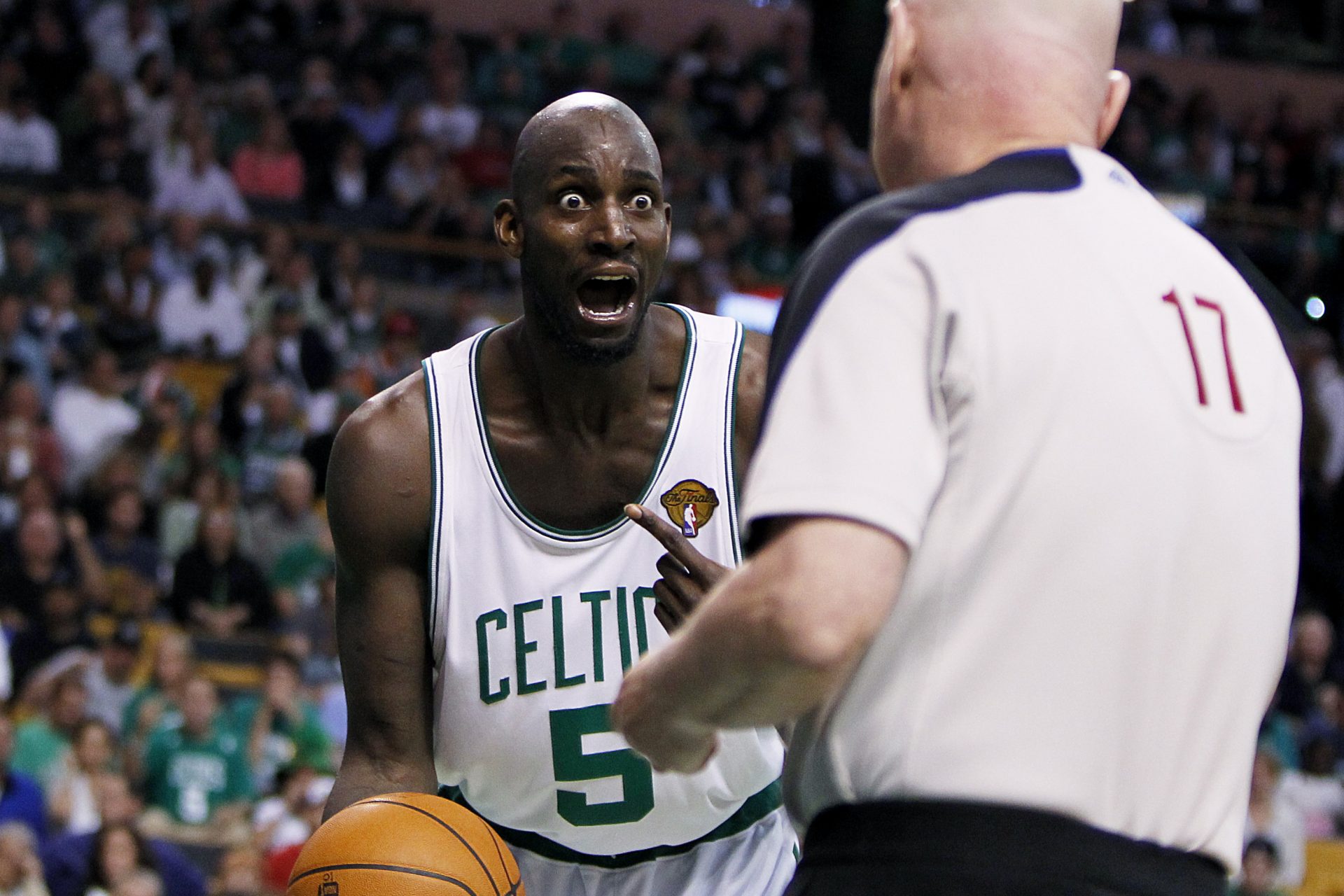Don't forget about Freddy Adu, one of America's first soccer prodigies
Star power is ultimately what raises the level of attention for national teams in soccer.
The United States has sought a transcendent soccer star for a long time. They thought they had that player in Freddy Adu, who was tabbed as the next big thing back in the 2000s. It never quite came to fruition for the teenage prodigy. We’ll reminisce about what could have been, and check in on what’s happened to Adu since.
The sky seemed like the limit for Adu, as his ability as a teenager got the attention of soccer immortals. Outlets like The U.S. Sun and The Guardian, amongst many others, dubbed him “the next Pele.” Adu even appeared in a commercial with the Brazilian legend, who had kind words for the American prospect. “If you are good, you are good. God gave Freddy the gift to play soccer.”
Want to see more like this? Follow us here for daily sports news, profiles and analysis!
Fredua Koranteng Adu was born on June 2, 1989 in Tema, Ghana. According to Vice, his family won a green card lottery in Ghana, and moved to the United States when Freddy was eight years old.
“What I saw was just beyond realistic,” said Arnold Tarzy, head coach of a youth soccer team in Maryland in 1998. Tarzy was talking about Adu’s prowess on the pitch at just eight years old. The Vice story talks about how discussion of the young boy’s skill spread like wildfire.
Questions began to arise about how old Adu really was, considering the way in which he dominated soccer matches. According to childhood friend Nicholas Scrivens, Freddy said back then, “Everybody keeps saying that I’m not the age that I am. That I’m 20 years old. Just because I’m black and African, they think I’m lying.” Scrivens recalled this being tough for Adu to handle in those years.
As he got older and more popular in the United States, others wanted more information about Adu’s background. The San Diego Union Tribune wrote in 2010 that the soccer star’s birth certificate was worth looking into.
While the mystery lingered, Major League Soccer clubs were eager to bring the phenom to their facilities. In 2004, at the reported age of 14, Adu signed with D.C. United, becoming the youngest athlete to ever ink a professional contract at the time.
According to FB Reference, Adu would spend three years with the club, totaling 11 goals and 11 assists. The team was highly successful during his tenure there, winning the MLS cup in 2004, and finishing first in the regular season standings in 2006.
Momentum was building for Adu to be part of the United States World Cup team in 2006, but it wasn’t meant to be. Jimmy Conrad was on that squad, and said on a CBS soccer podcast that head coach Bruce Arena didn’t want the seemingly entitled Adu to be part of the team.
Want to see more like this? Follow us here for daily sports news, profiles and analysis!
According to Conrad, Adu couldn’t outrun two of the assistant coaches on the U.S. men’s national team. Conrad said, “He (Adu) thought that because he got called in he didn’t have to earn it. And Bruce Arena made the decision that this wasn’t the attitude that we needed.”
Adu would confirm a lot of what Conrad said in a 2023 CBS Sports podcast. “And so I was enjoying all that stuff rather than focusing on…let’s say the little things like getting the rest that you need, your diet, getting some stretching in and just taking care of your body.” Adu referenced going to bars with older friends in College Park, Maryland earlier in the interview.
It seemed impossible in the mid 2000s, but Adu would never suit up in the World Cup for the United States, despite starring in the under-20 version of the tournament. Adu told CBS Sports, “There were a few guys that obviously weren’t as talented, but they put in the work and they had more success.”
After his D.C. United stint ended at age 16, Adu played for a bunch of different clubs across the globe. He suited up for Benfica and Belenenses in Portugal, Monaco in France, Aris in Greece, and KuPS in Finland. He would also play for the Philadelphia Union back in the United States, as well as other American club teams outside of MLS.
No one could have predicted how Adu’s soccer career turned out. Back in the mid 2000s, Sir Alex Ferguson of Manchester United took an interest in Adu, even giving him a trial run. According to the U.S. Sun, Ferguson said at the time, “He’ll go back to the U.S. and we’ll keep a check on him. When he is 18, we will have to assess what we can do next.”
Former Under-20 U.S. coach Thomas Rongen thought that Adu should have stayed in America after his D.C. United career, and one season with Real Salt Lake. “I knew Benfica was too big a step for such a young player. And it proved to be the wrong move. He got loaned out six times in a four-year period,” Rongen said to The Guardian.
Santino Quaranta was another young player on D.C. United in the mid 2000s. He said that he had older players assist him with the professional transition, but that wasn’t going to be a reality for Adu. “He never had a super-close bond with any of the older guys…there was never one guy who helped him along and said, ‘Look, this is how to do it,’” Quaranta told The Guardian.
Want to see more like this? Follow us here for daily sports news, profiles and analysis!
According to Goal, Adu is no longer an active soccer player. Instead, he is focused on coaching children to help them navigate the potential pitfalls of the sport, and of the business of sports.
Freddy Adu has also been paying attention to the NFL, often tweeting his support for the Washington Commanders.
More for you
Top Stories



